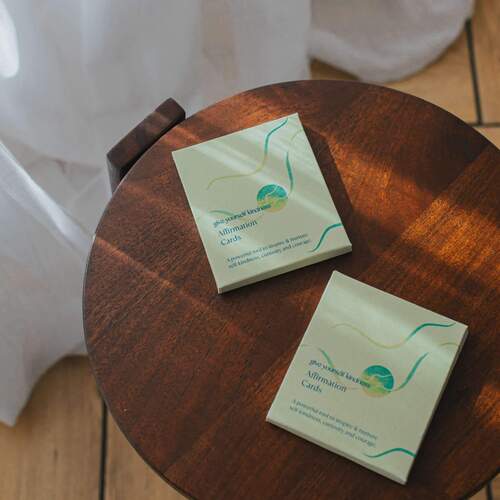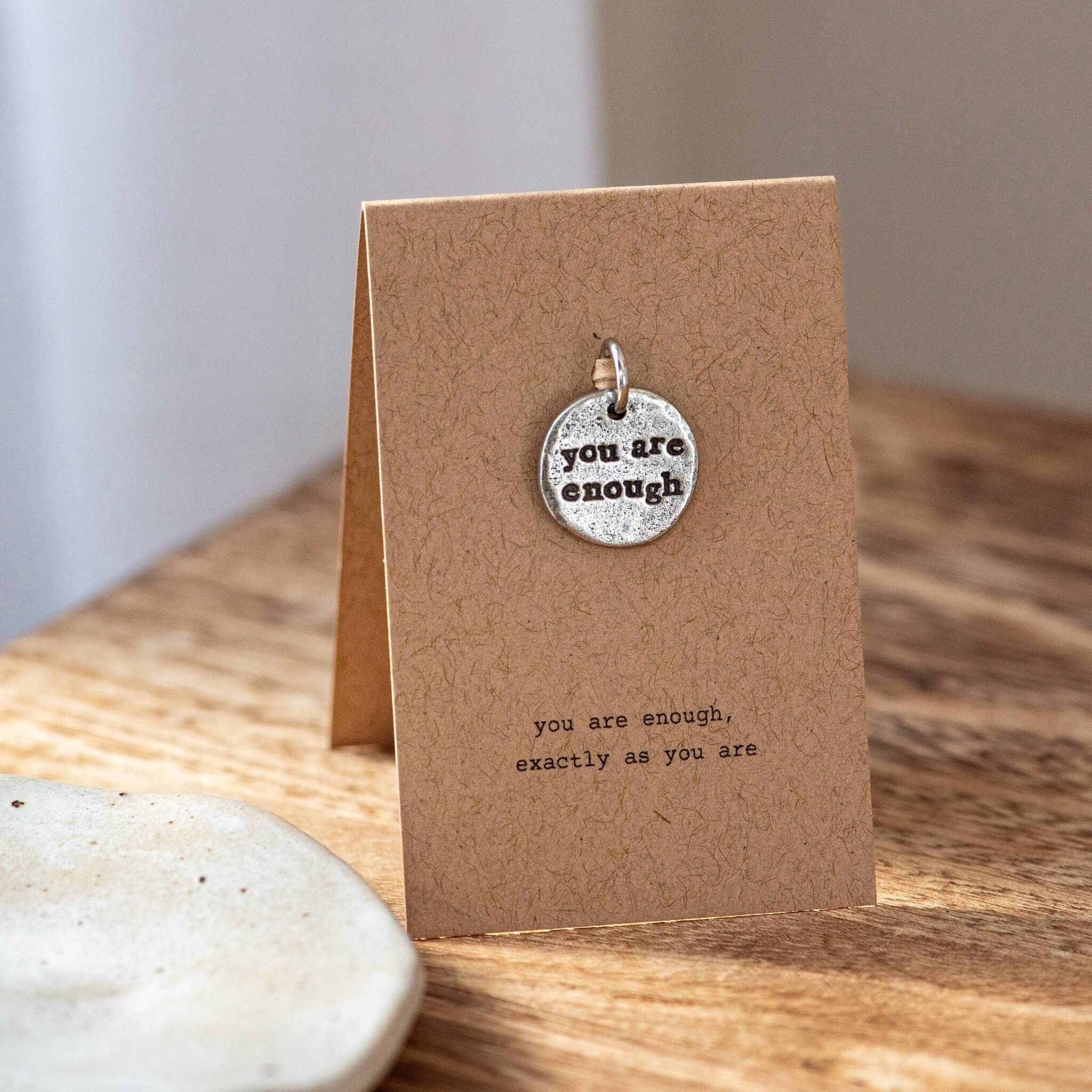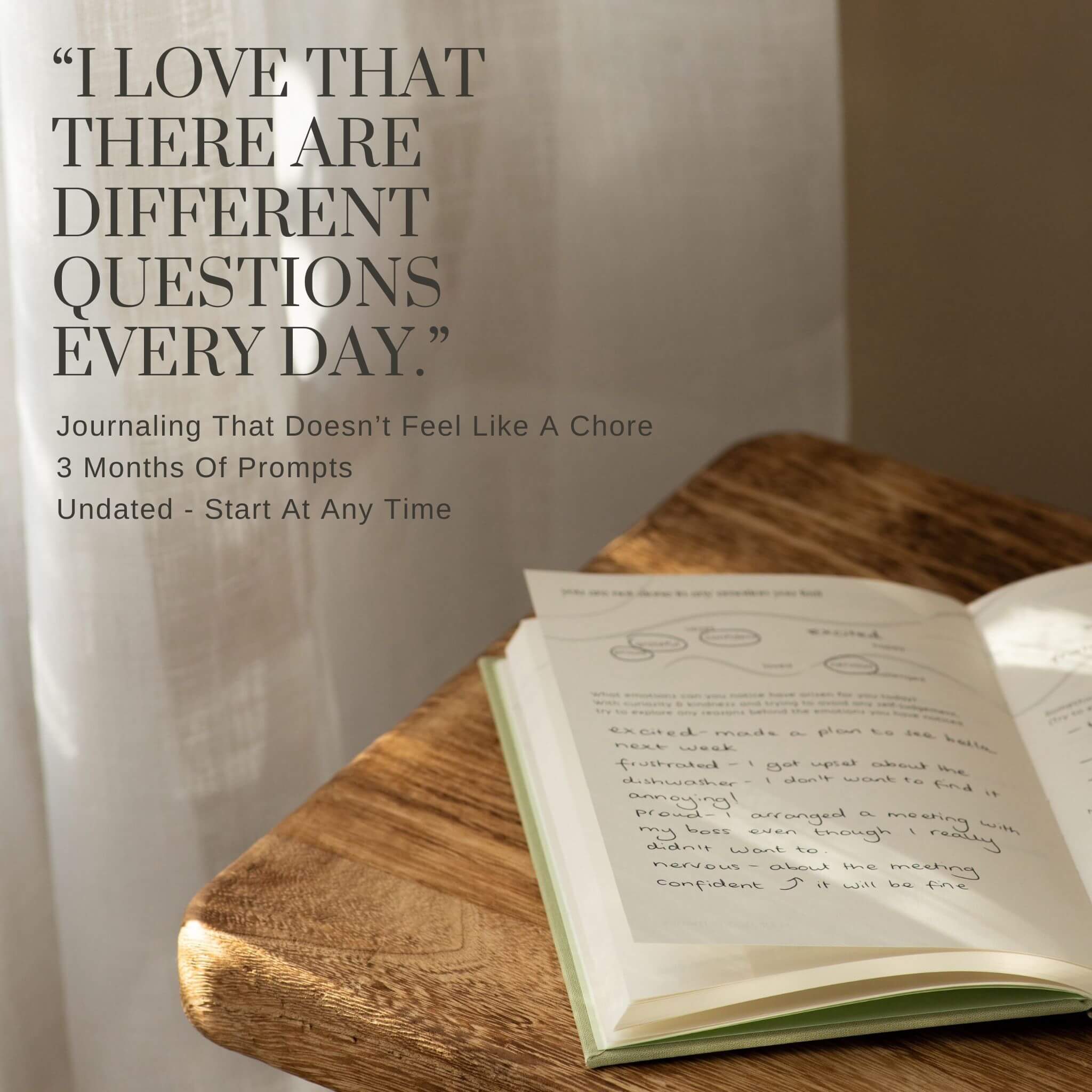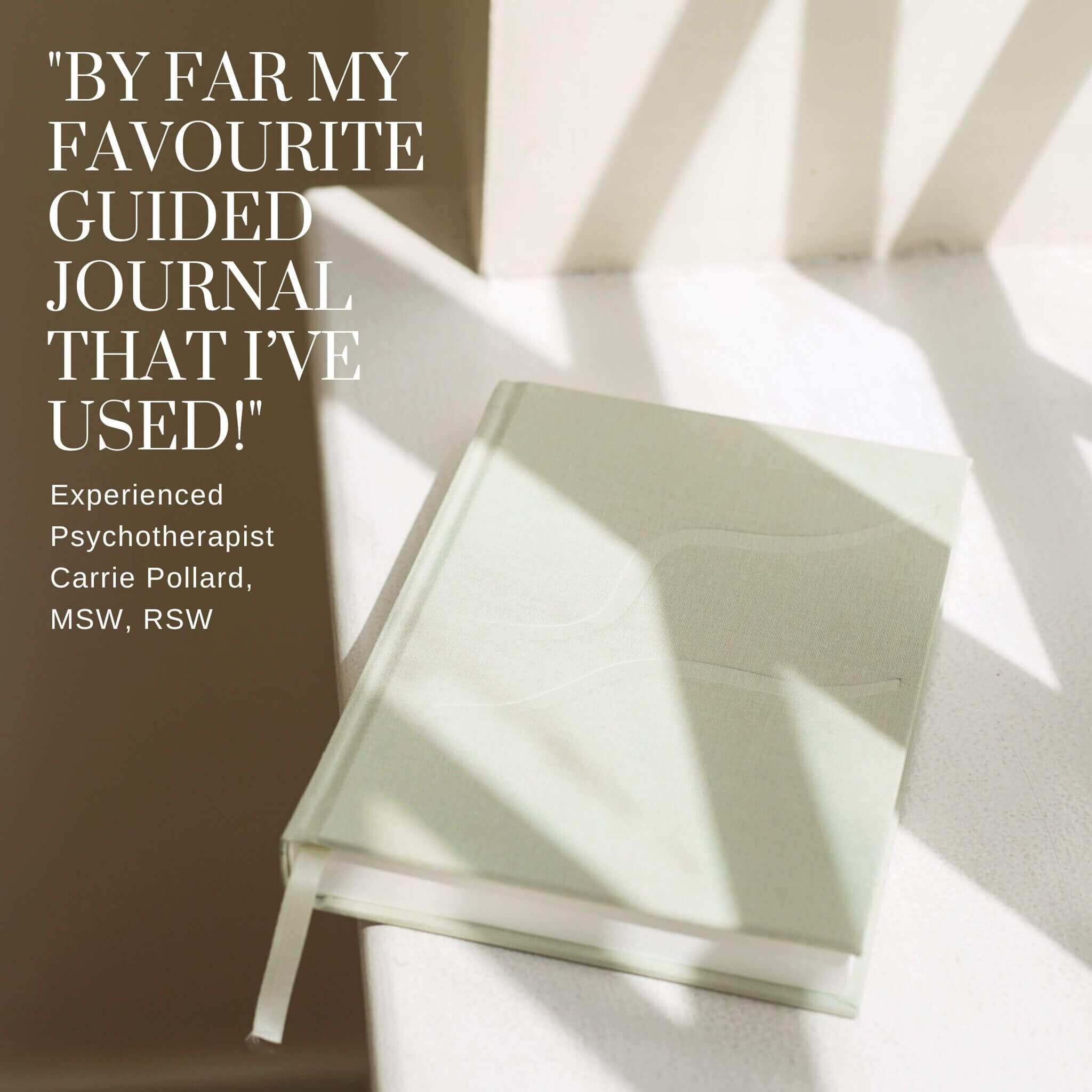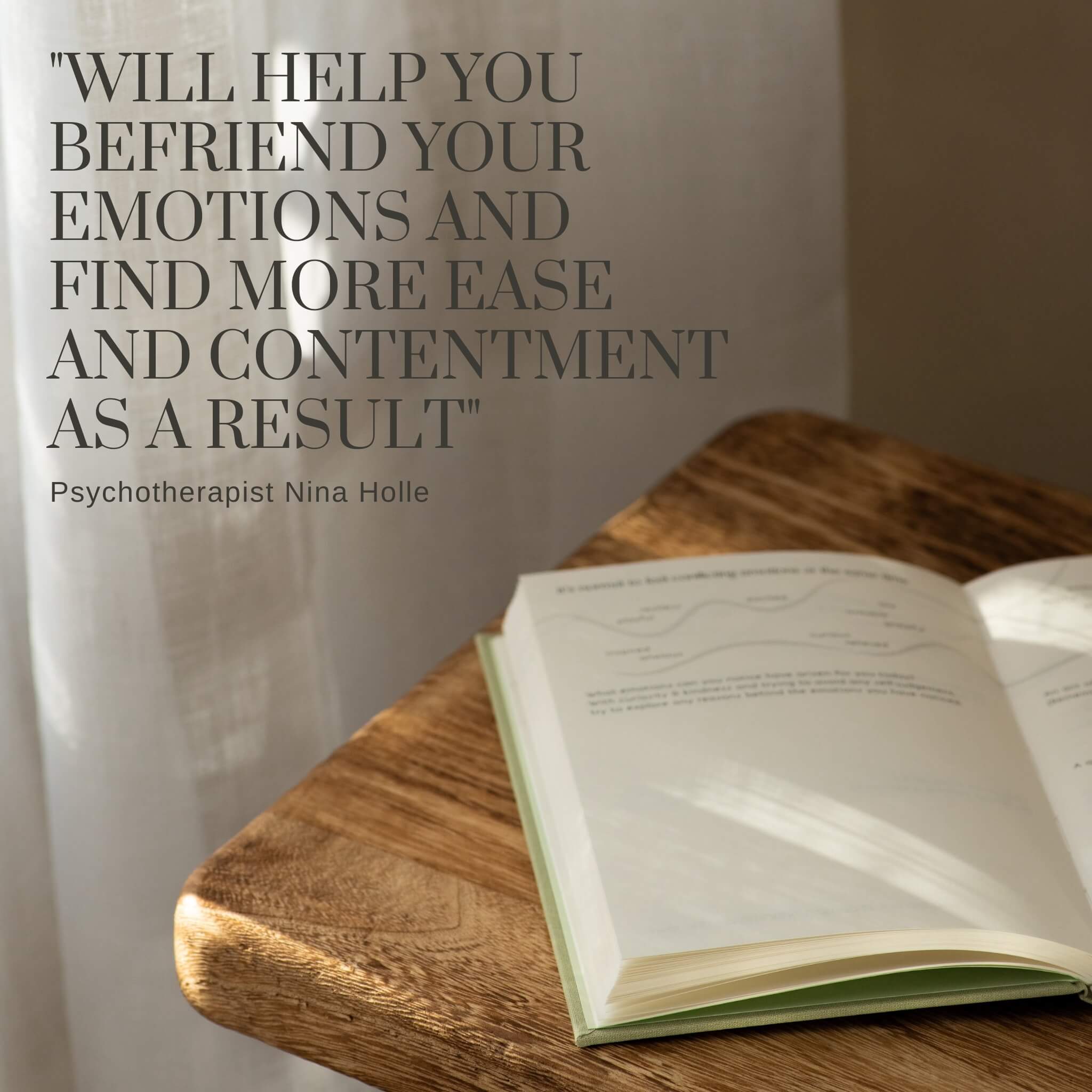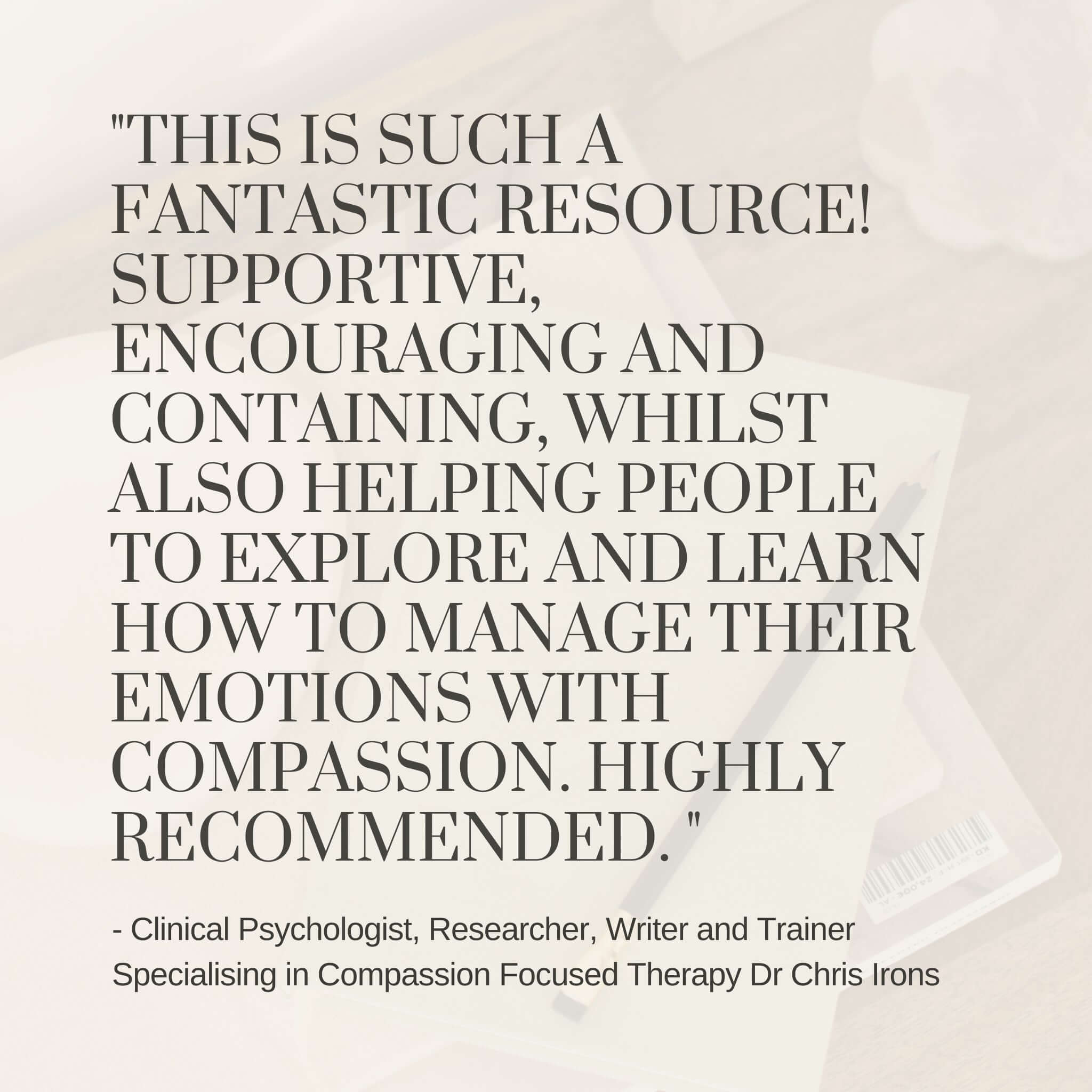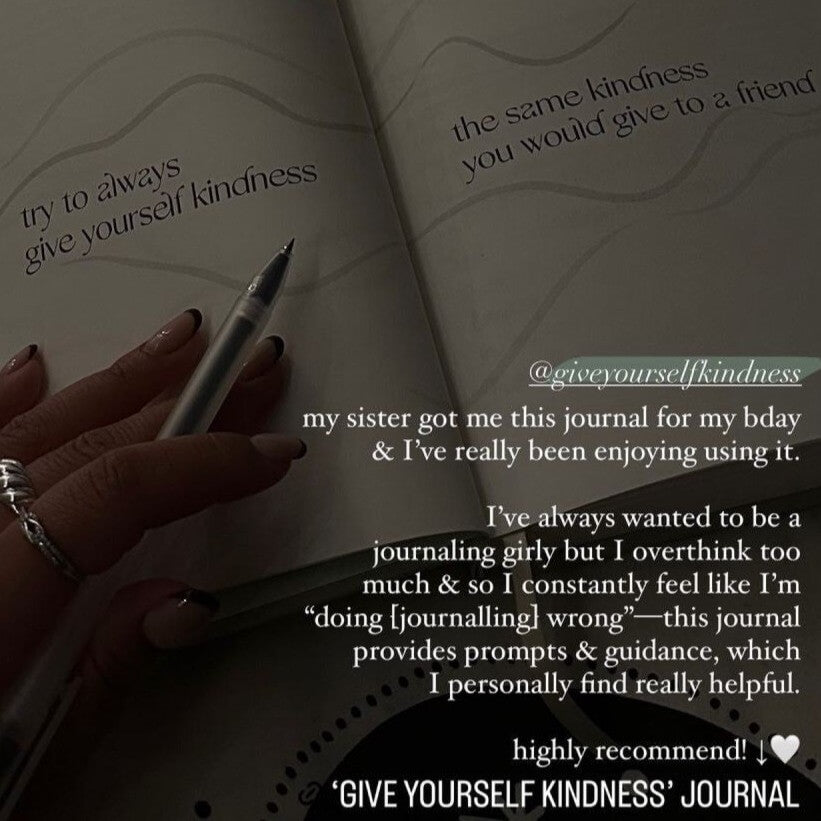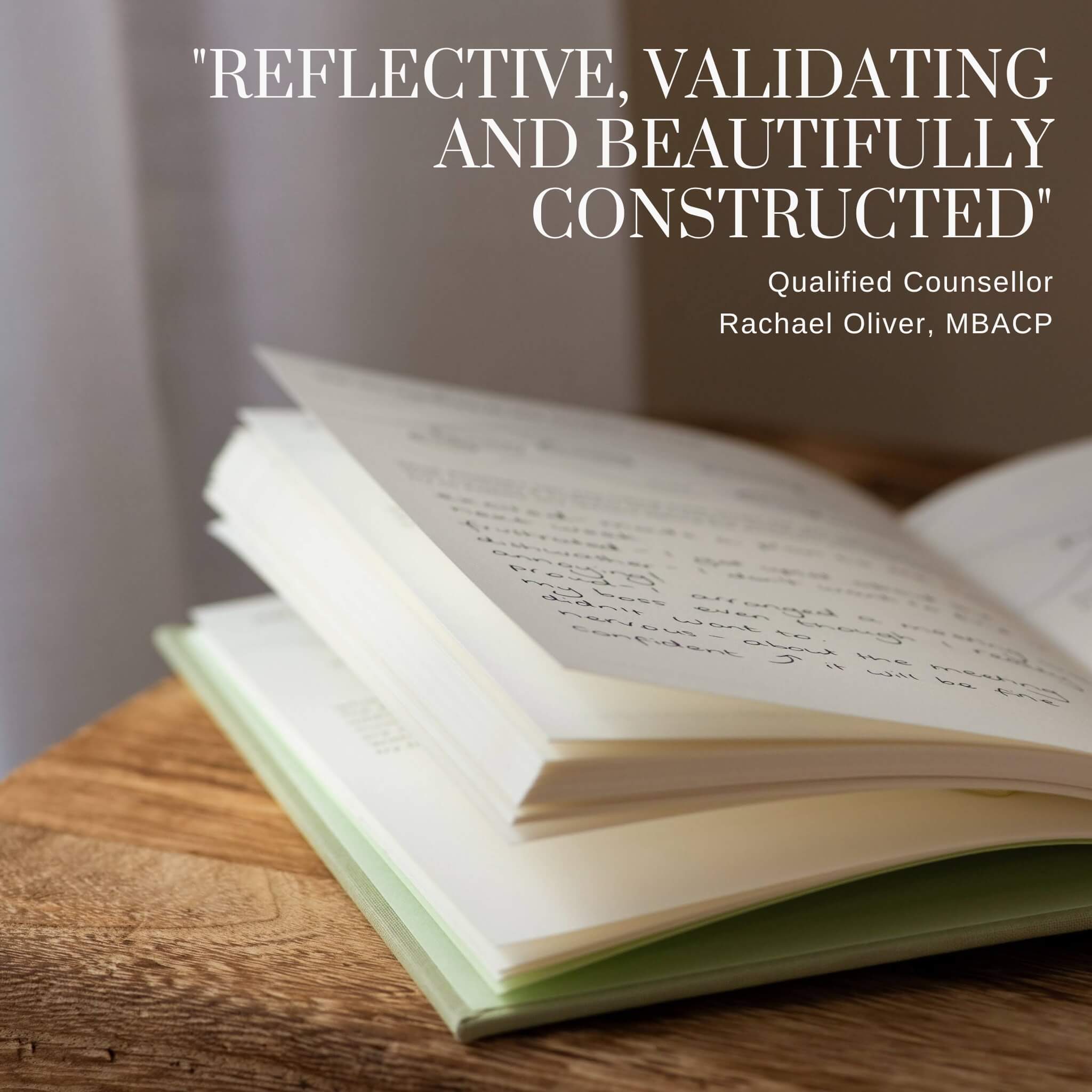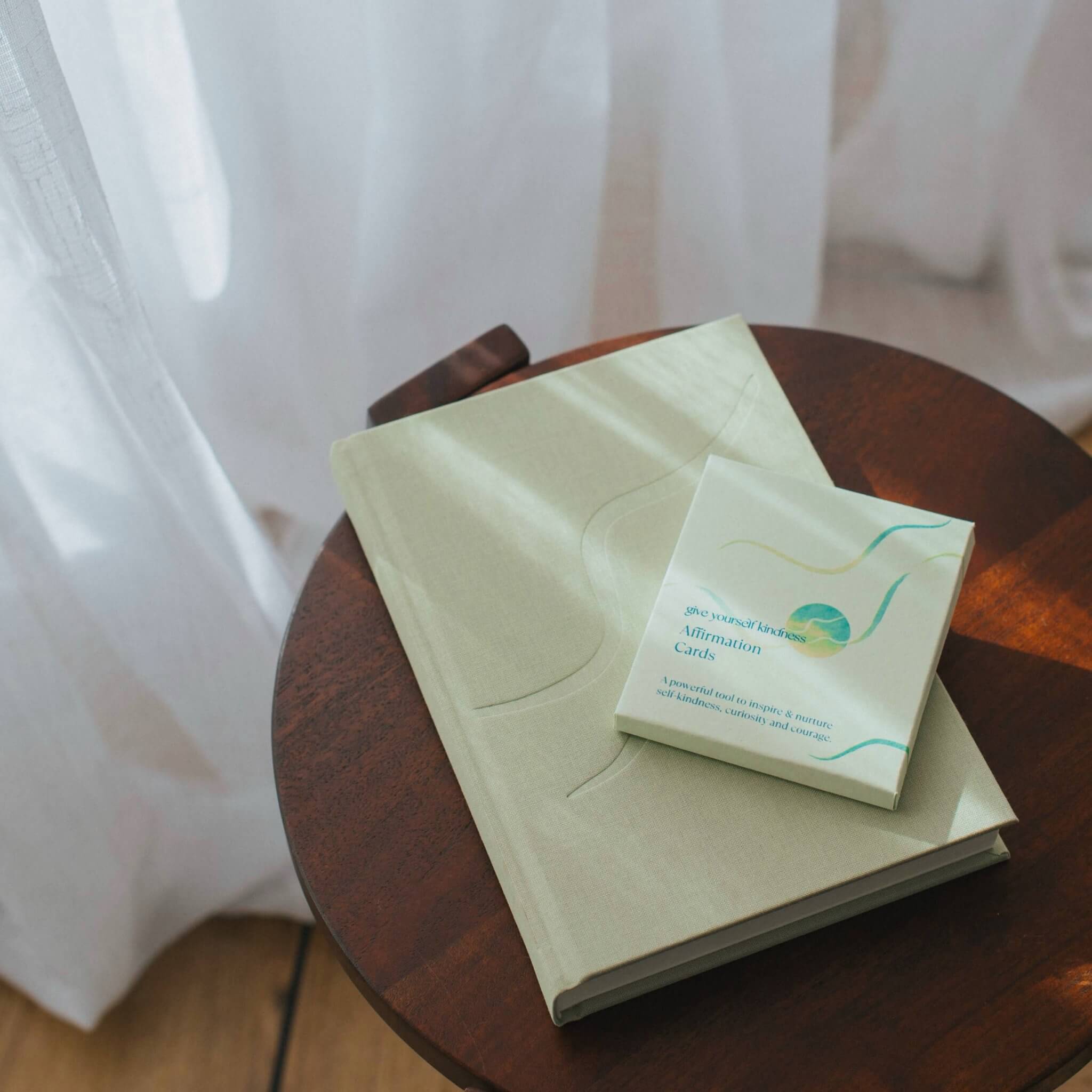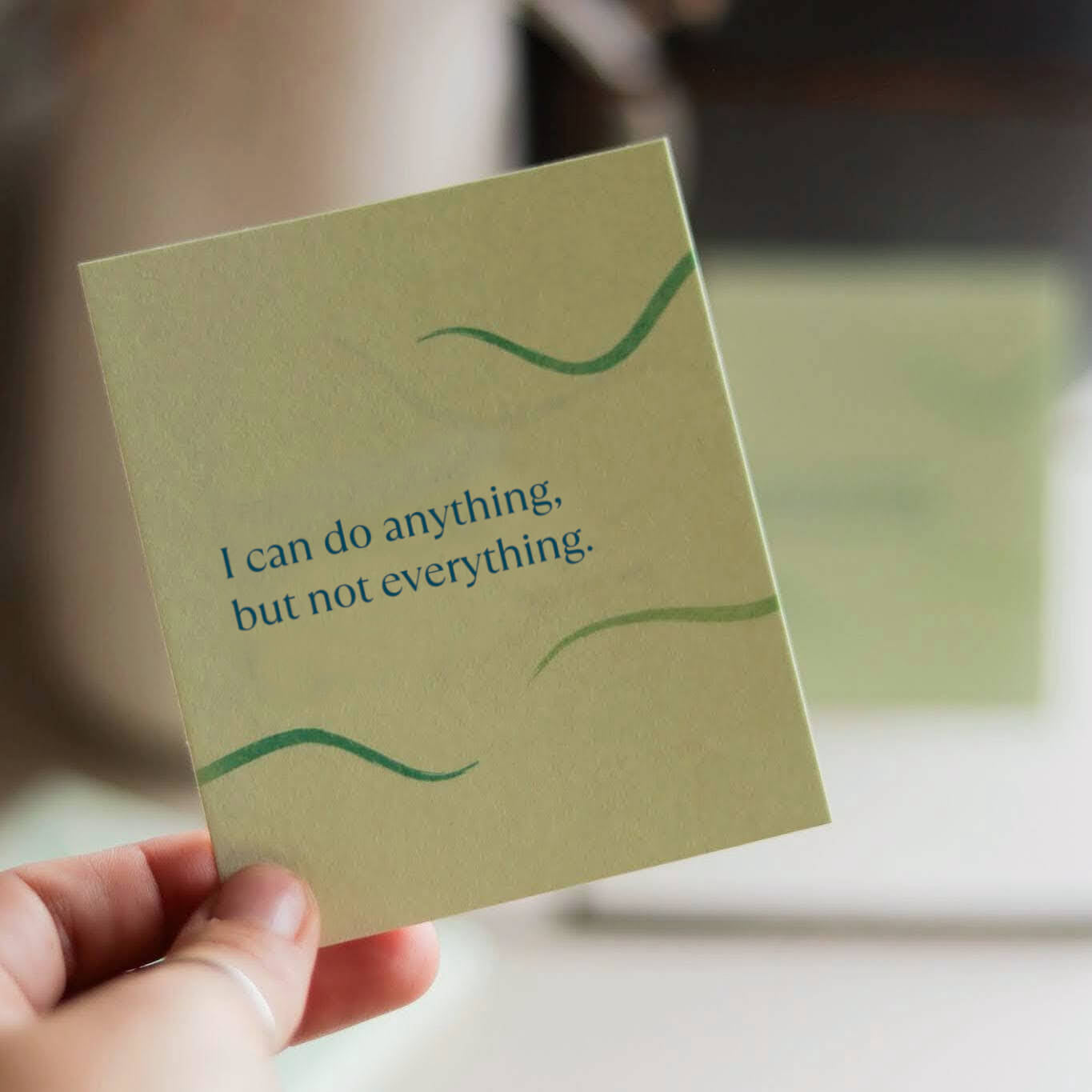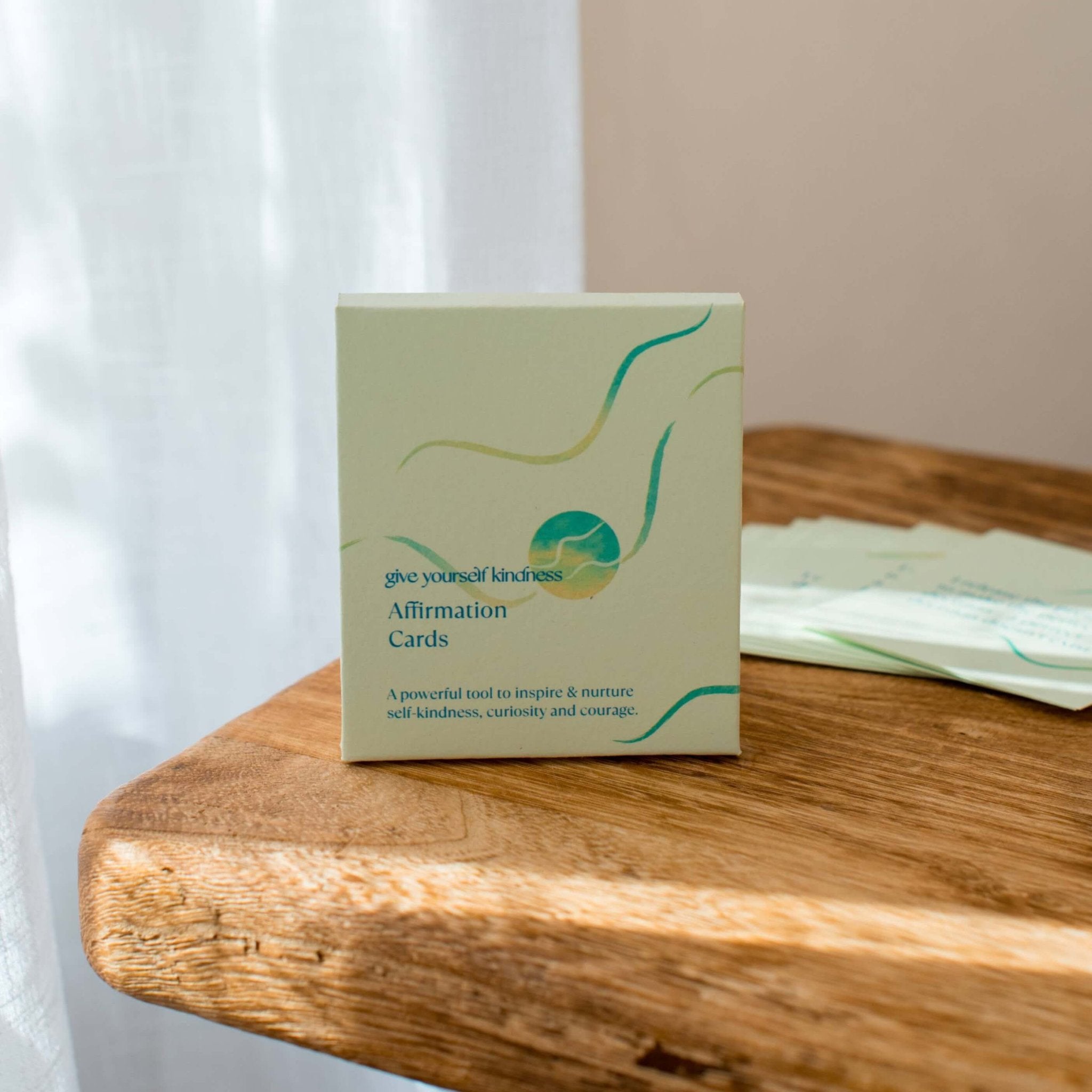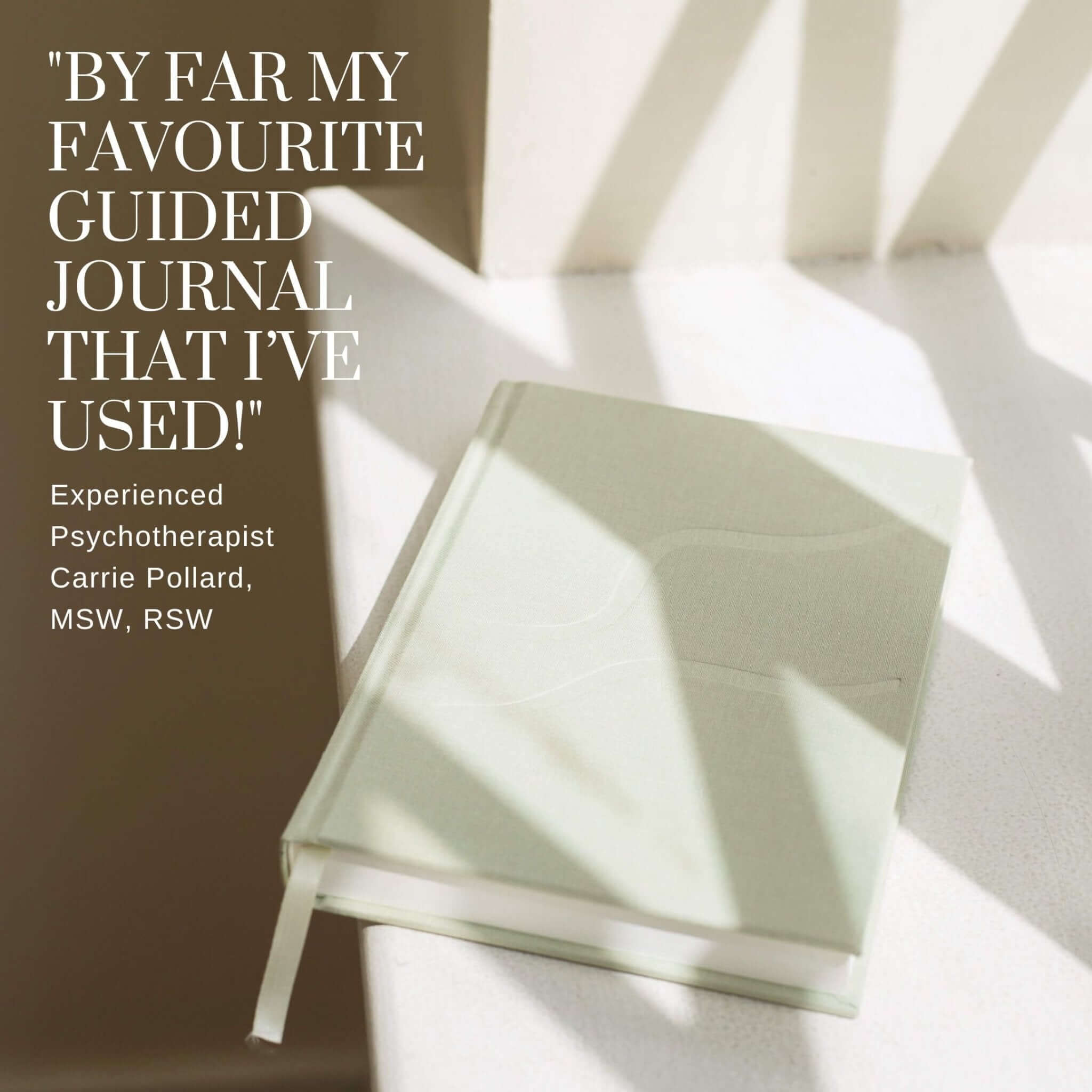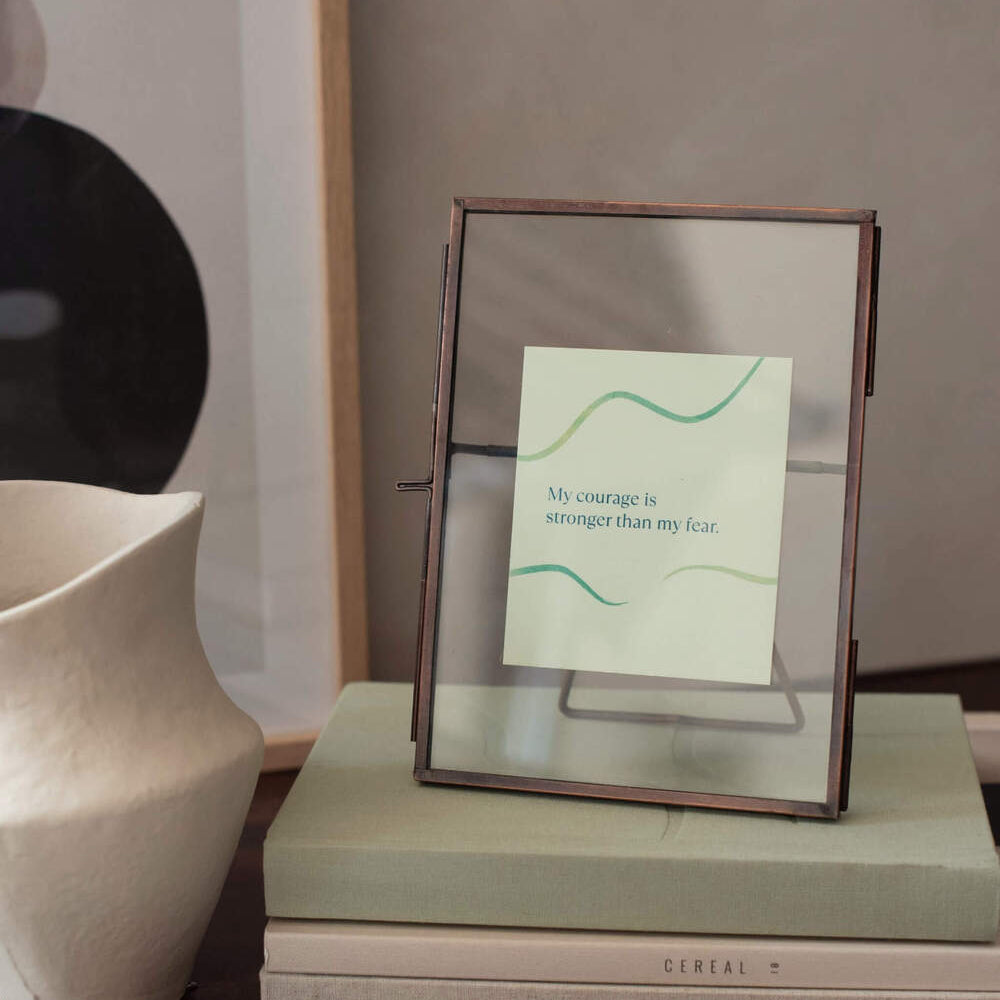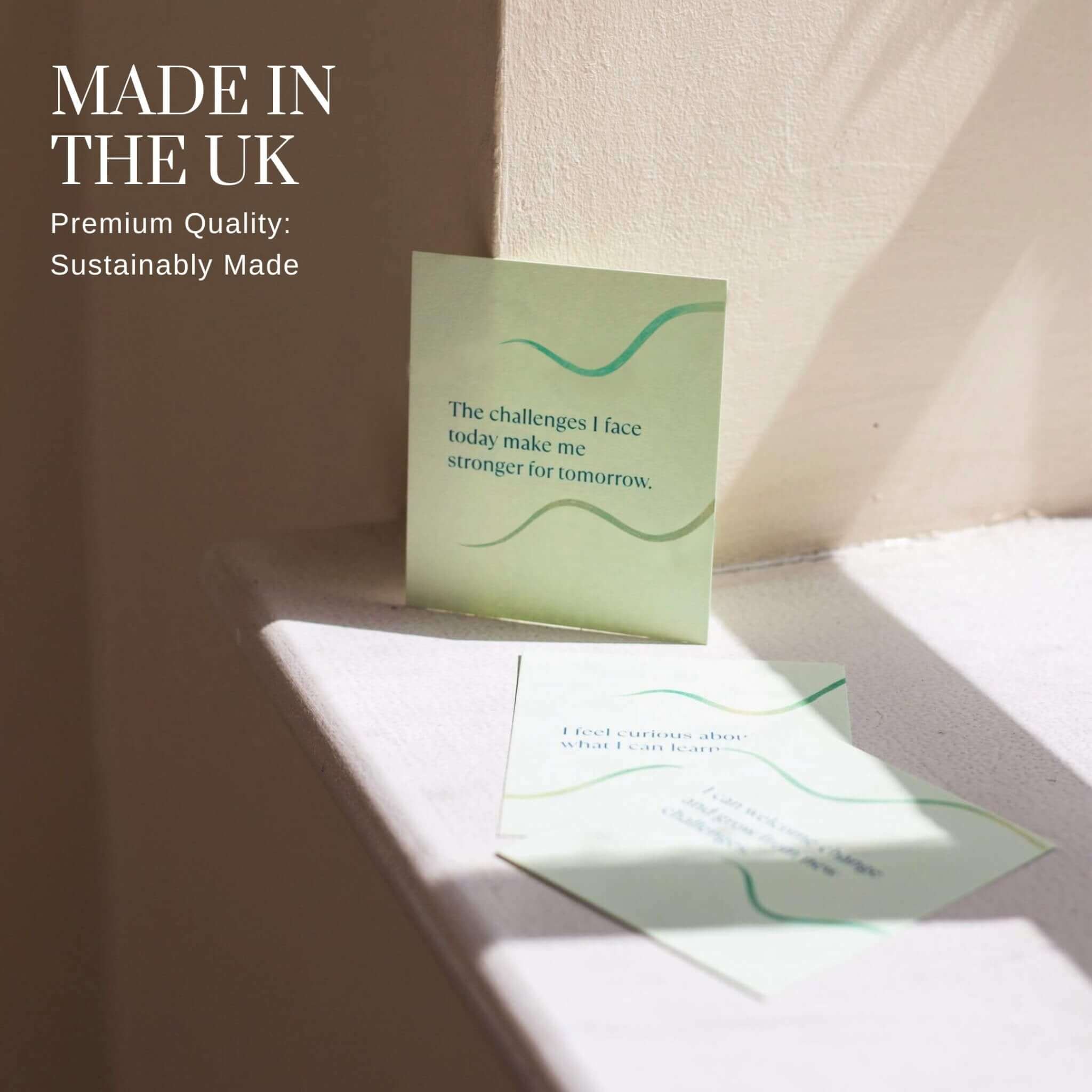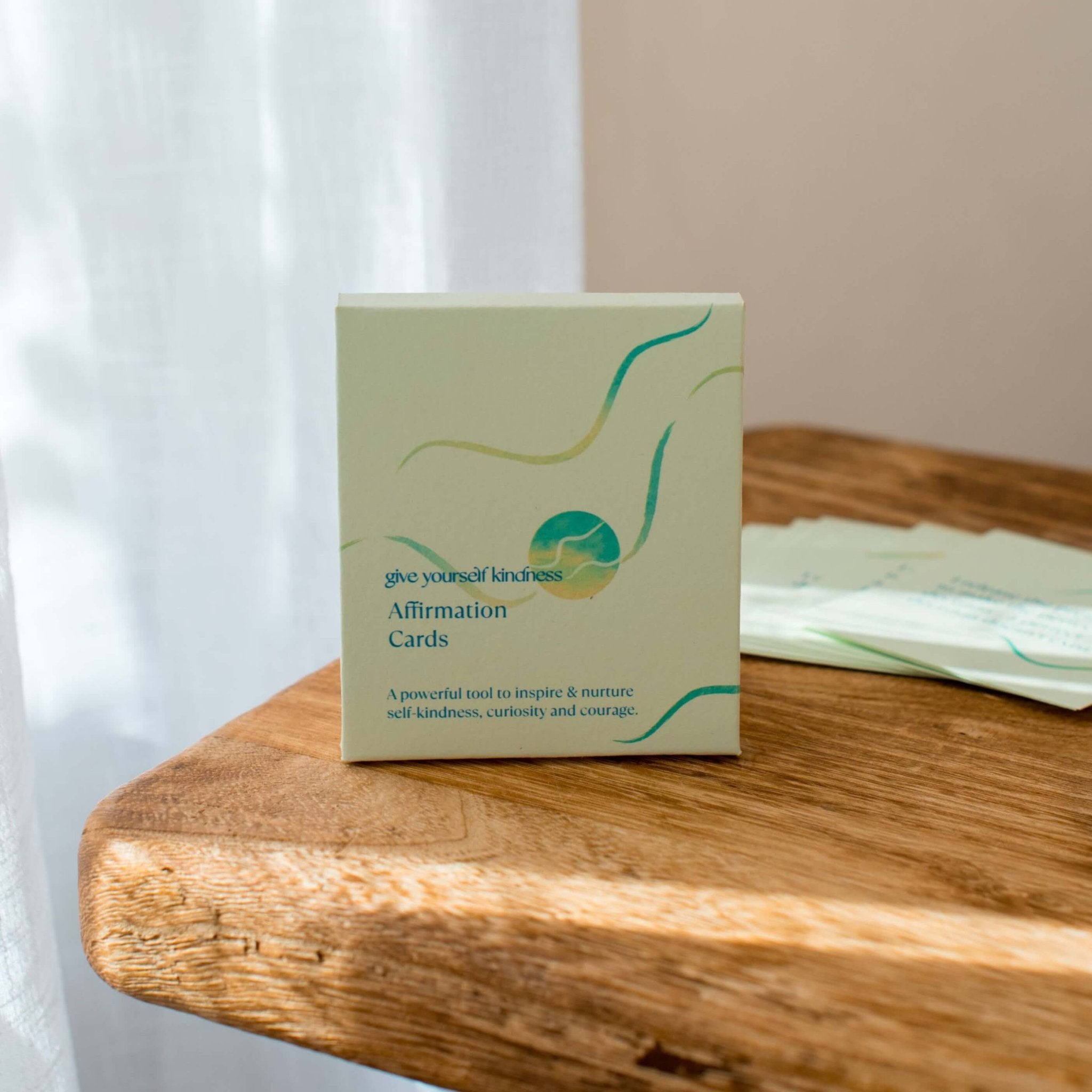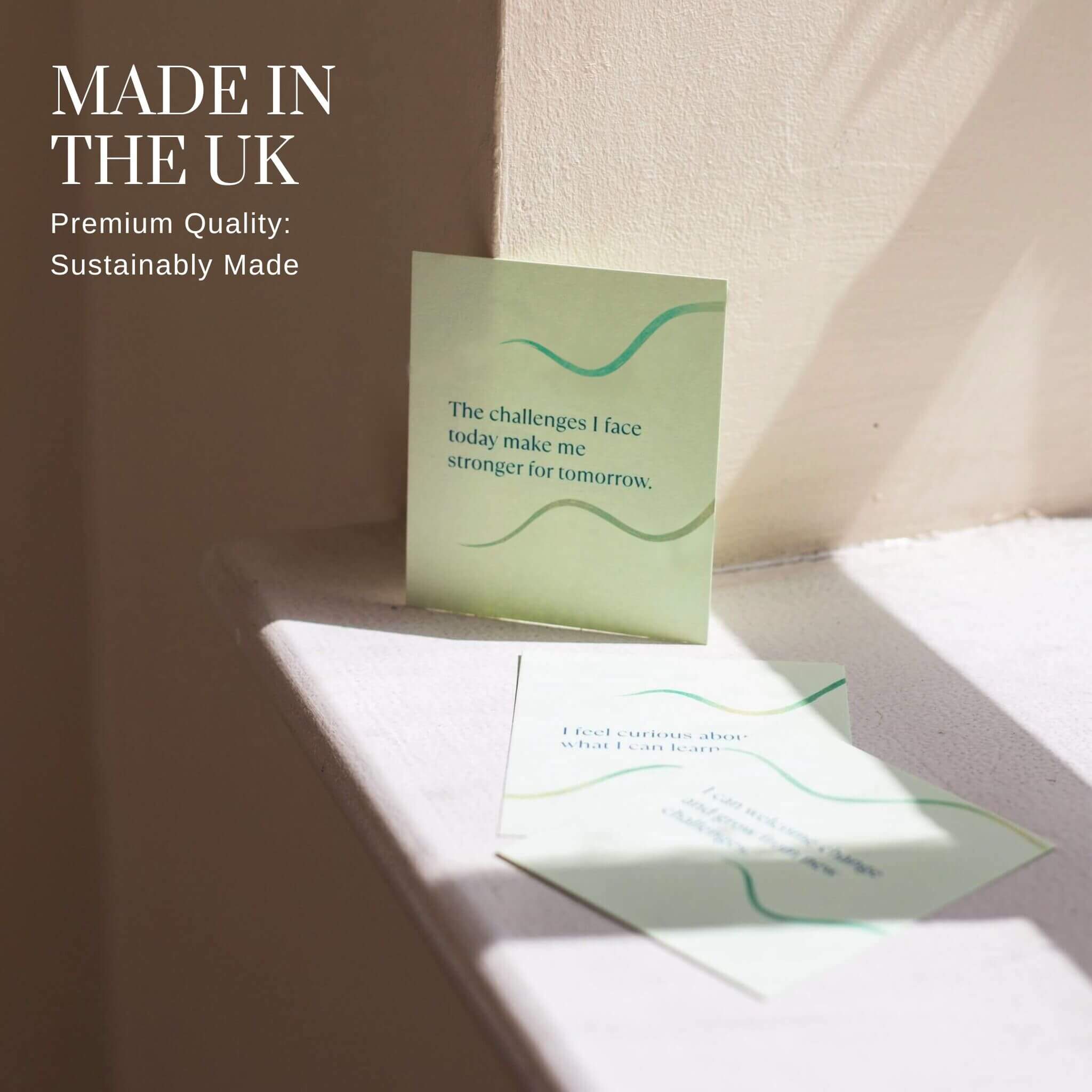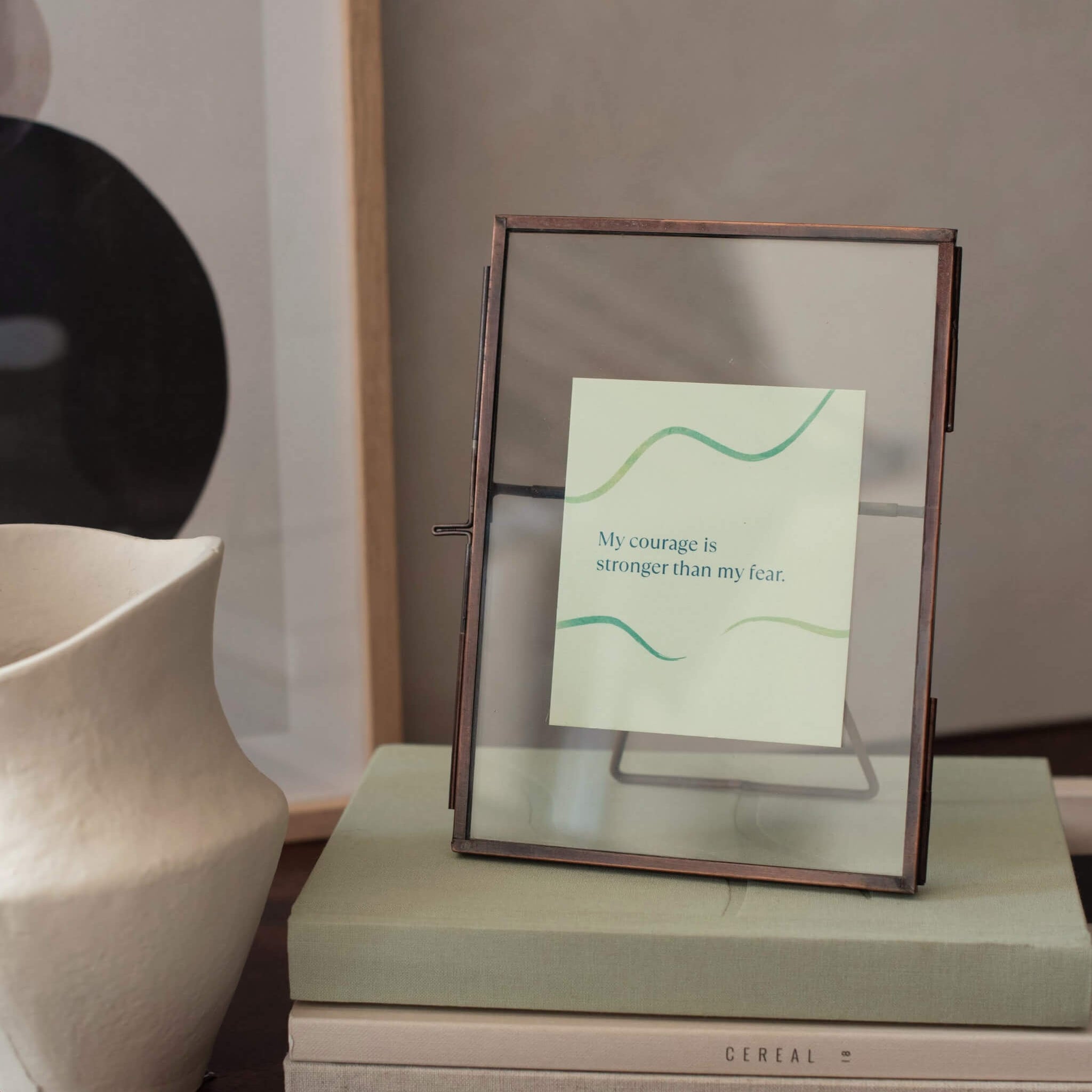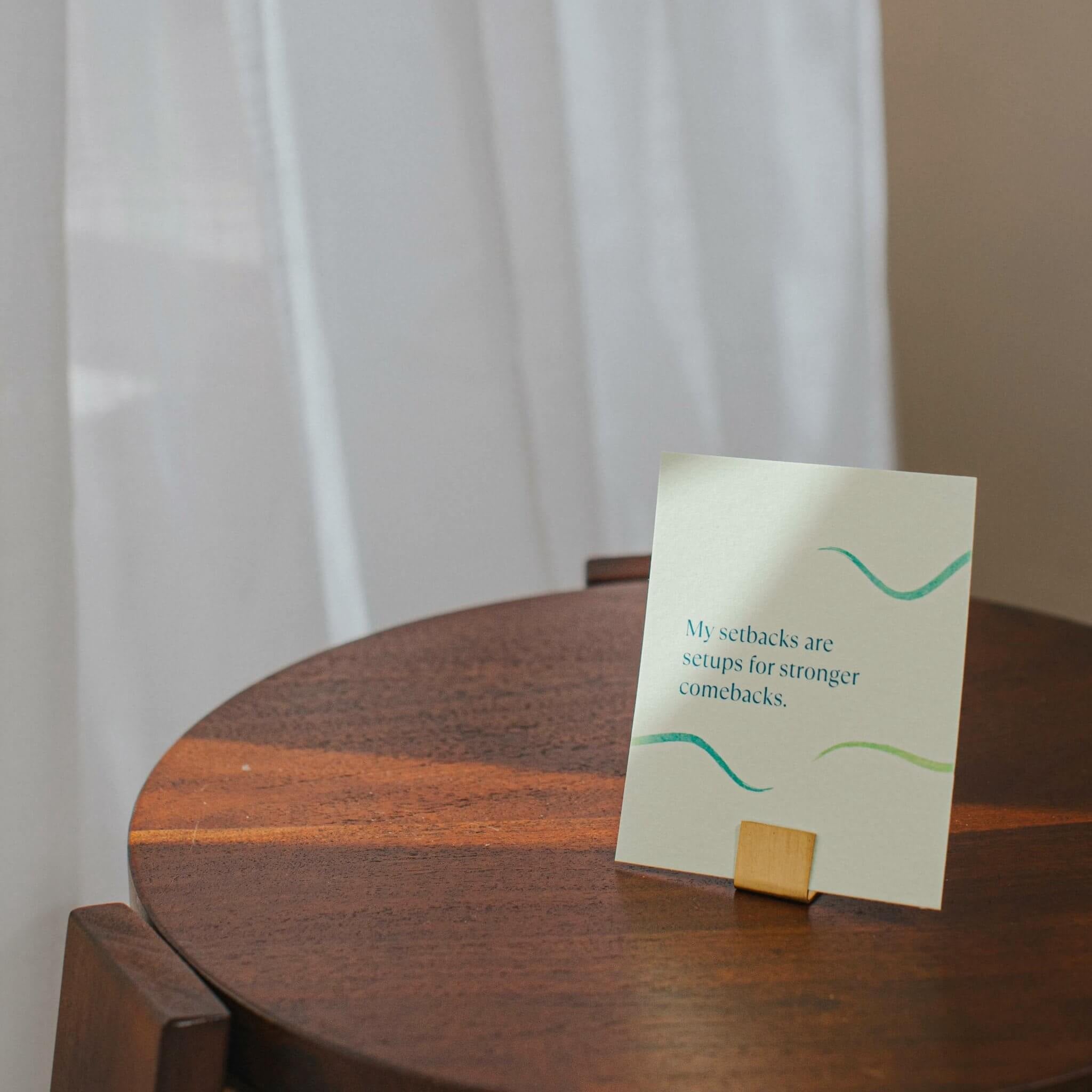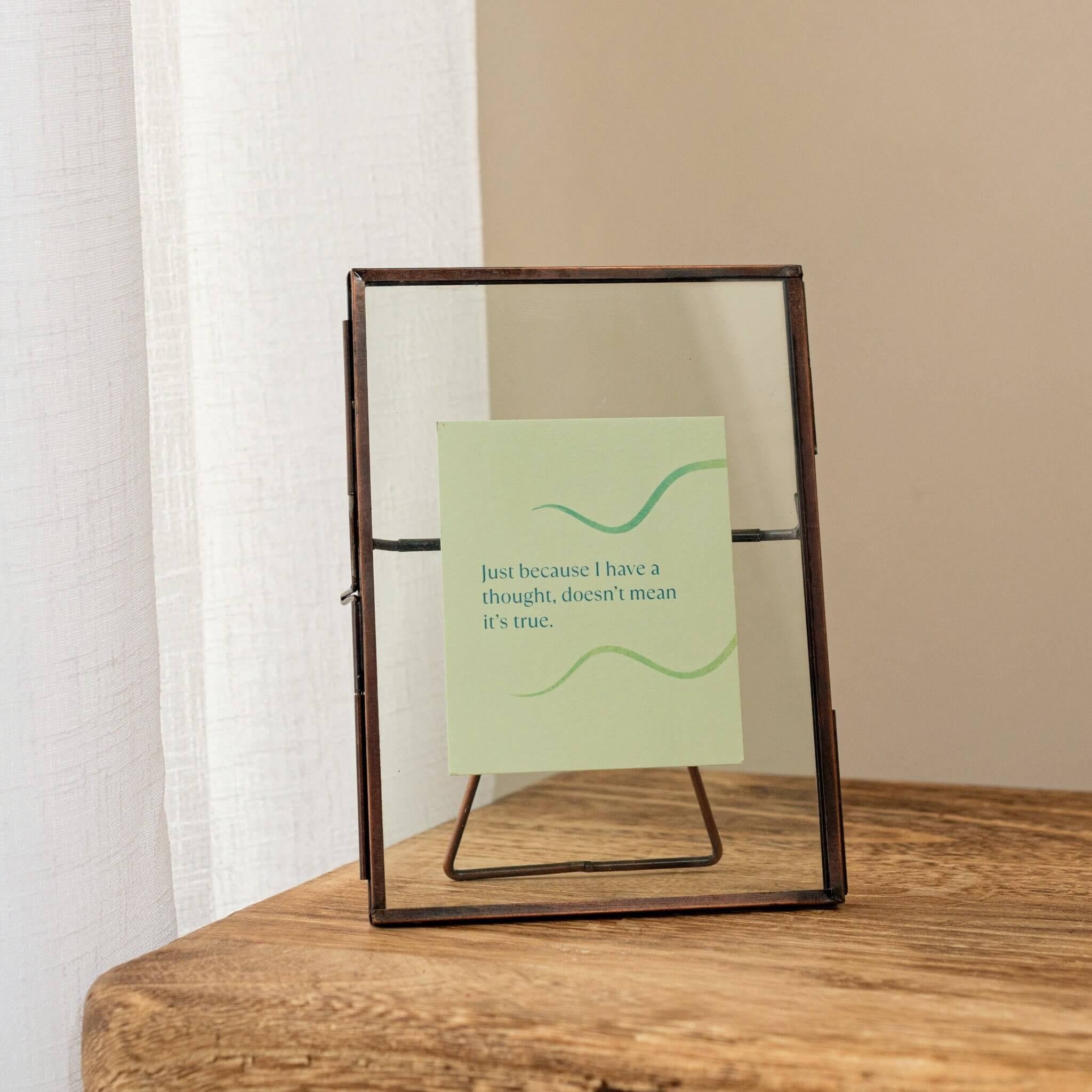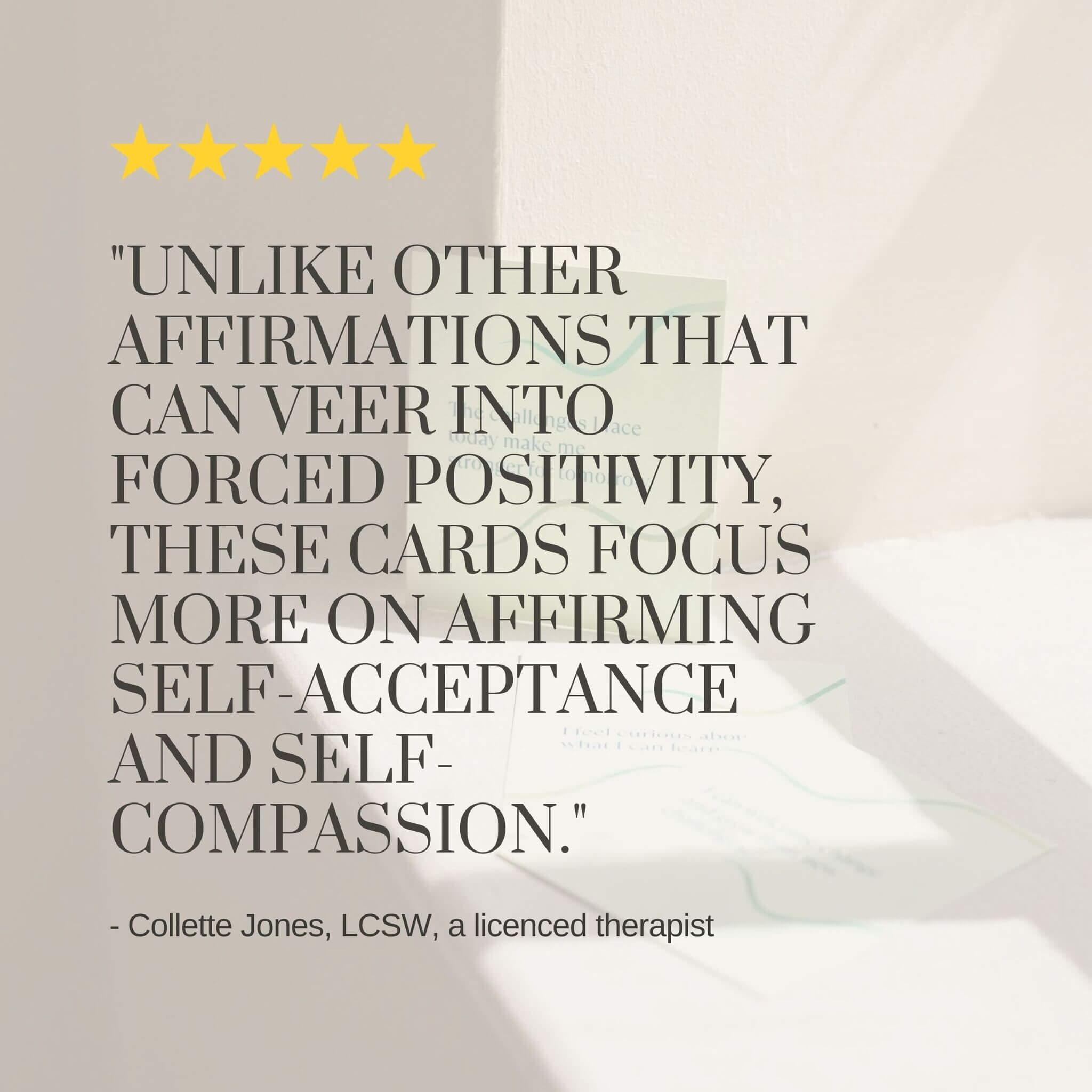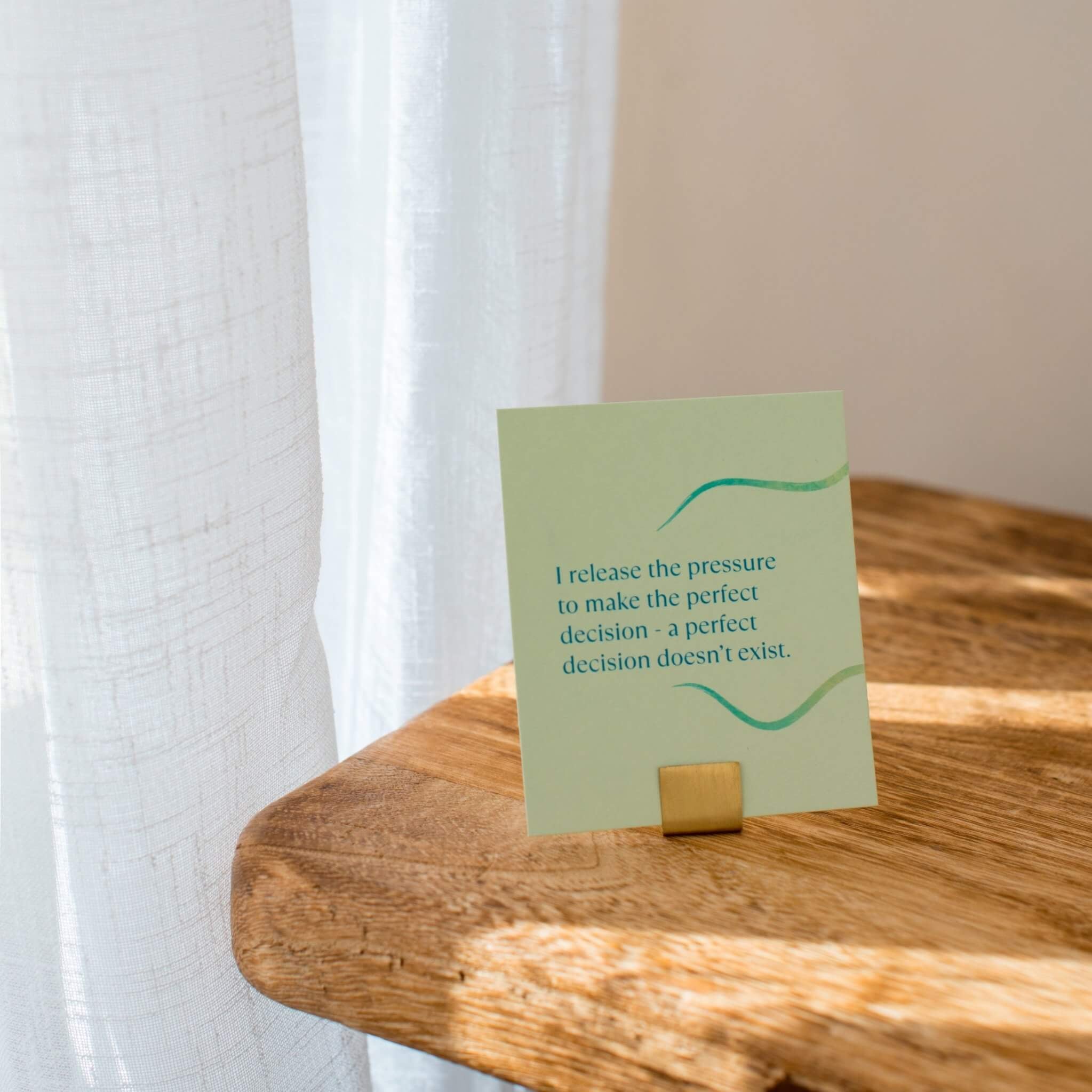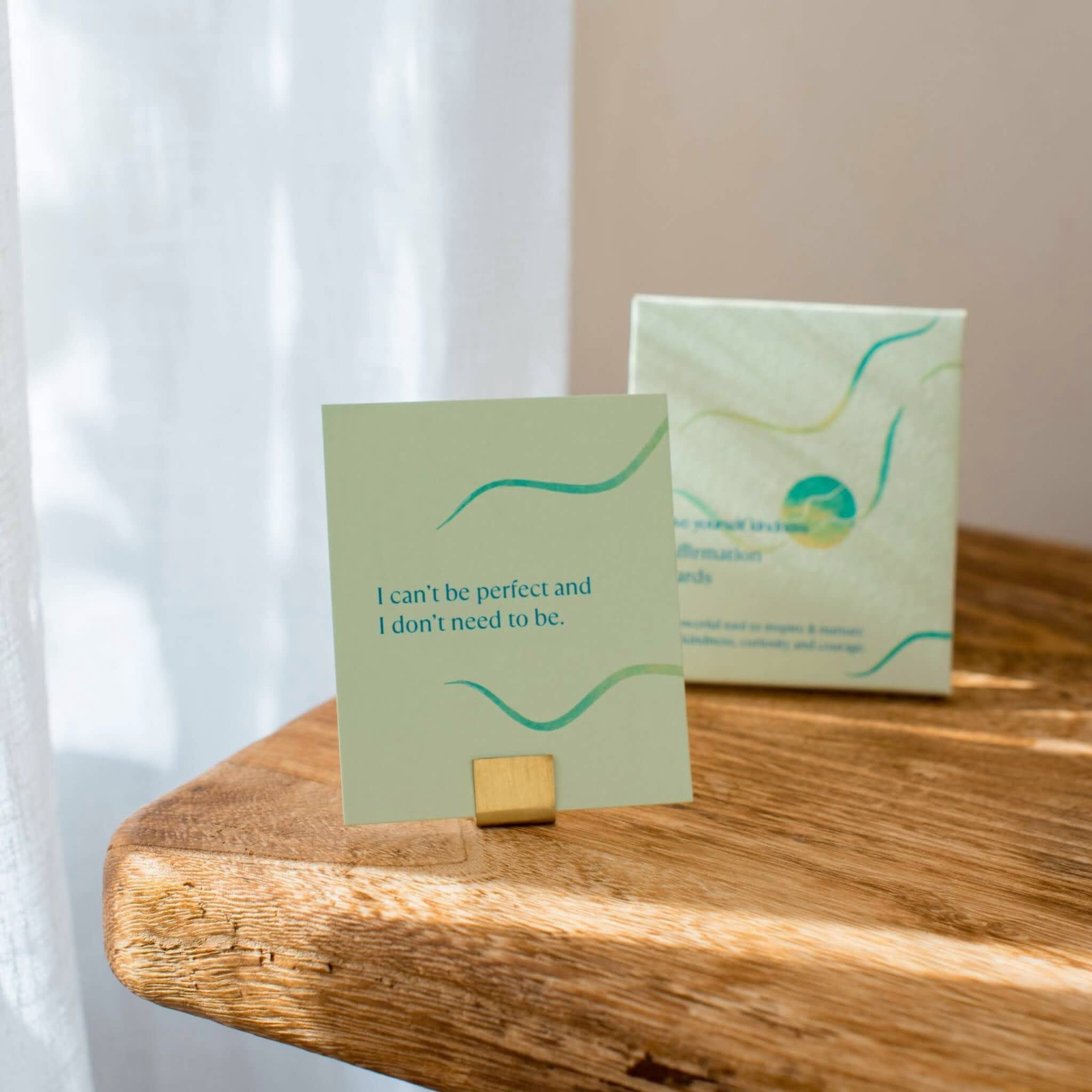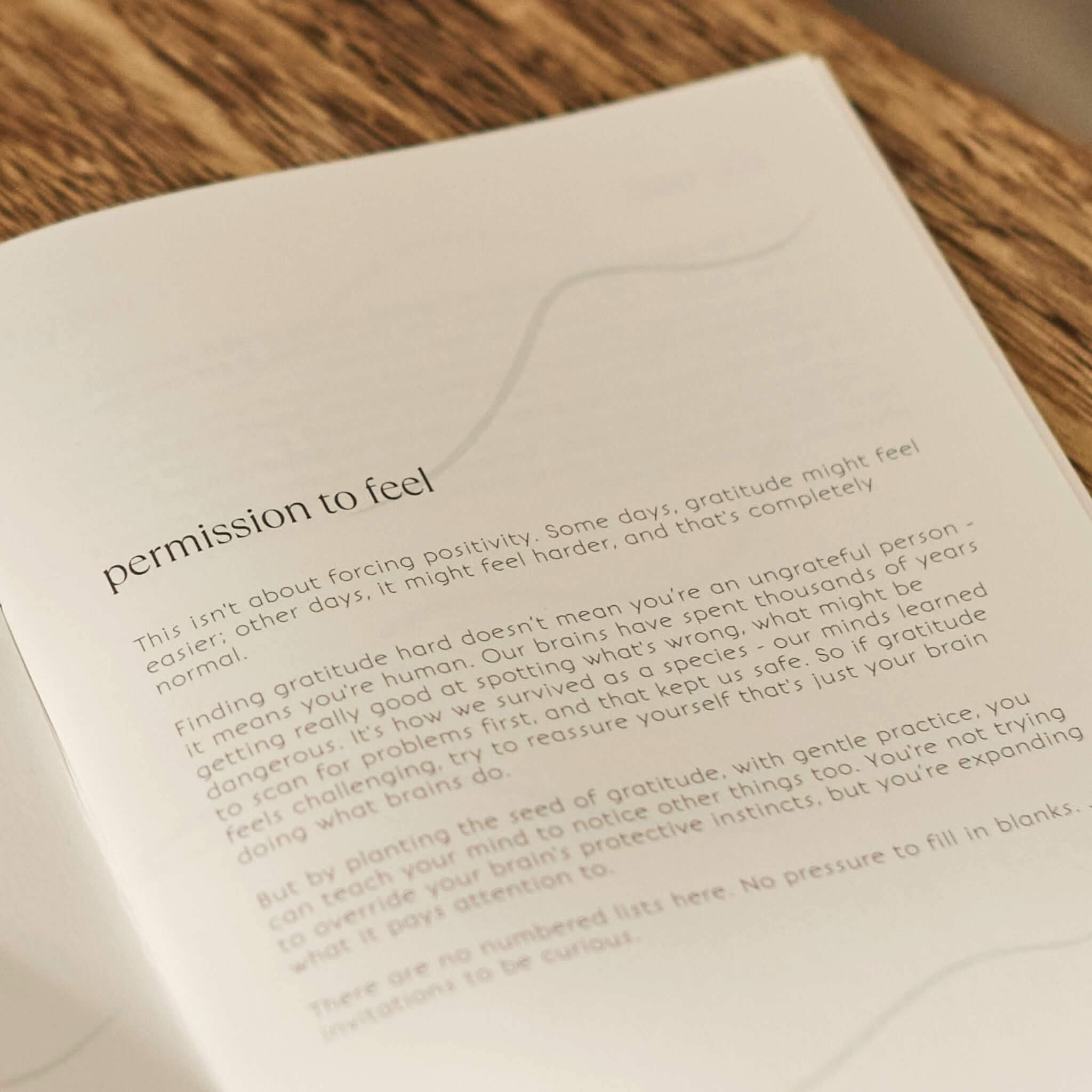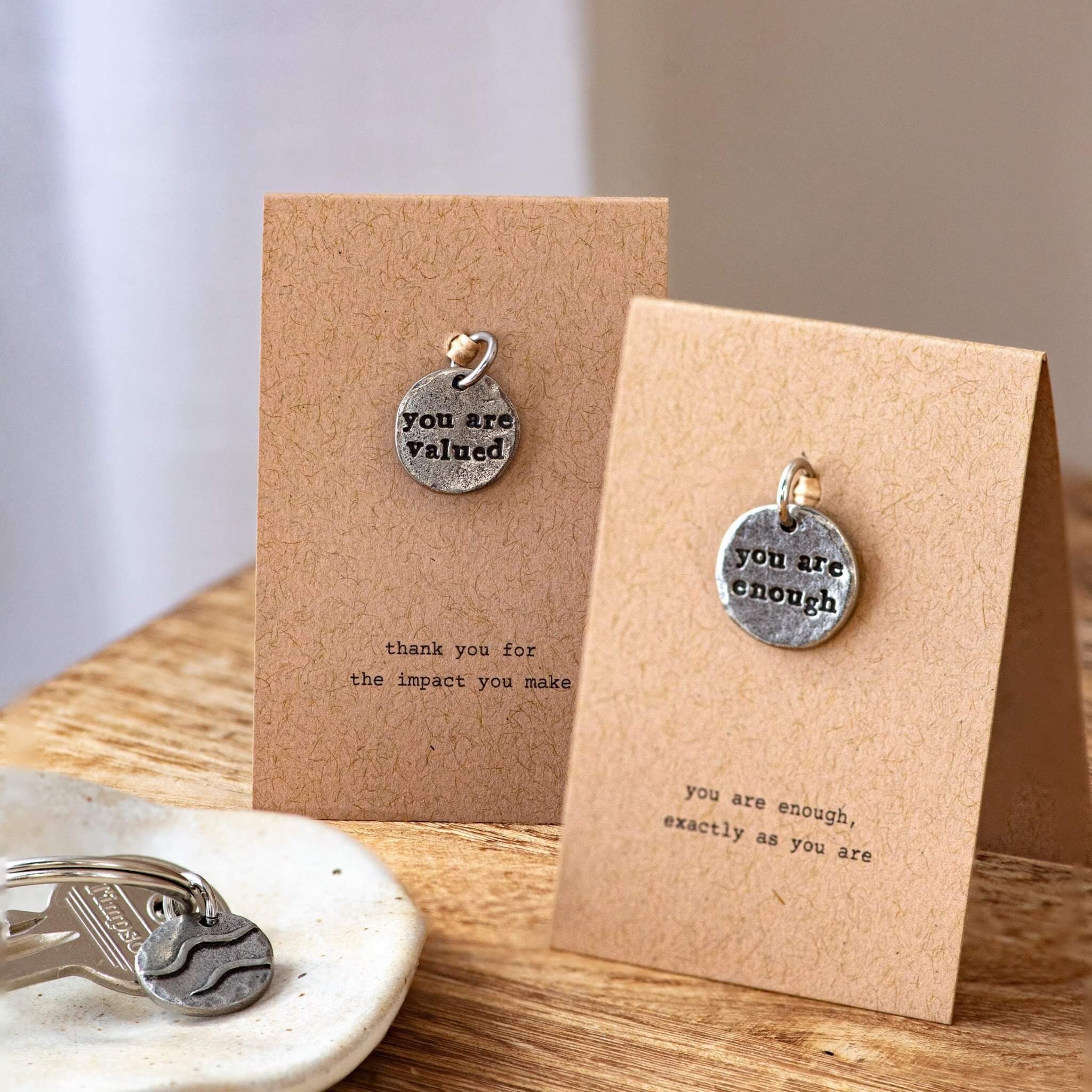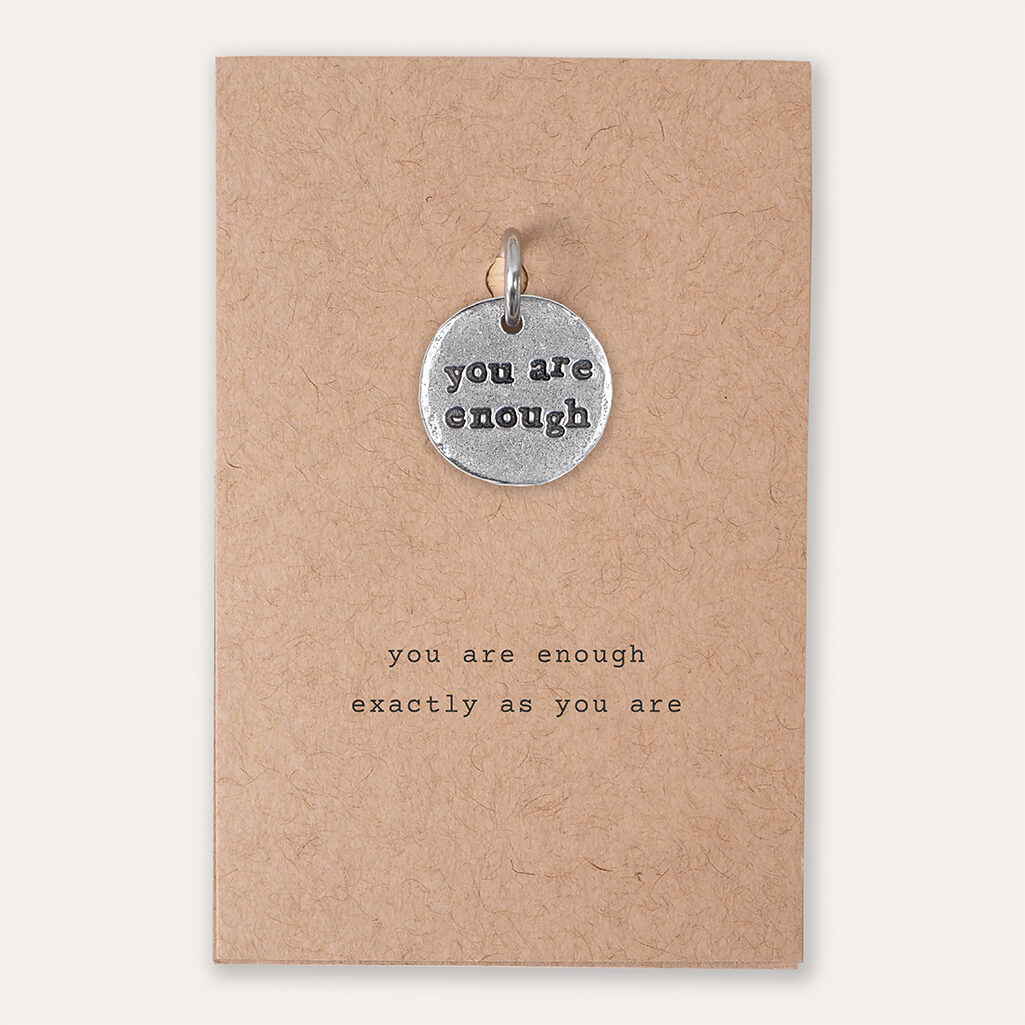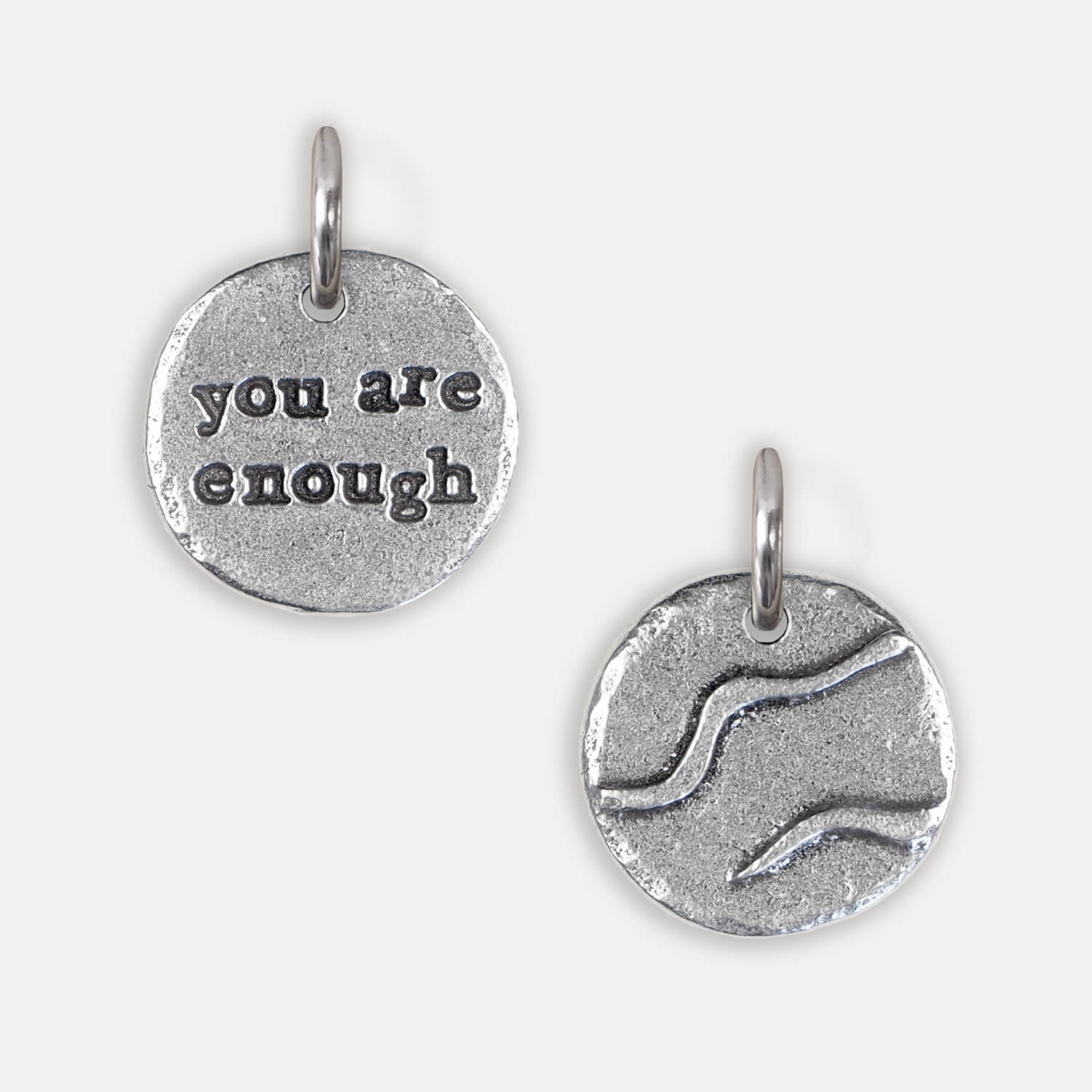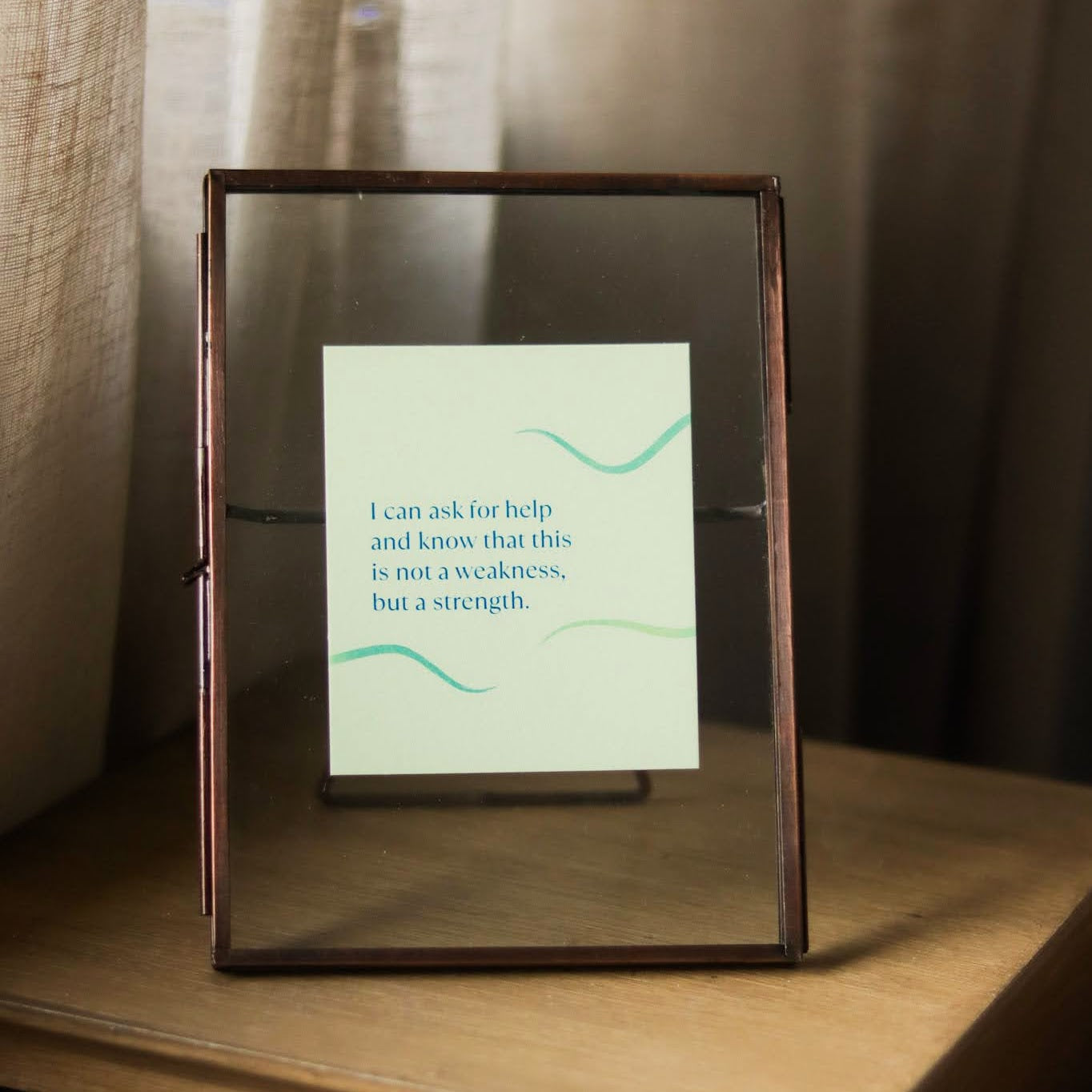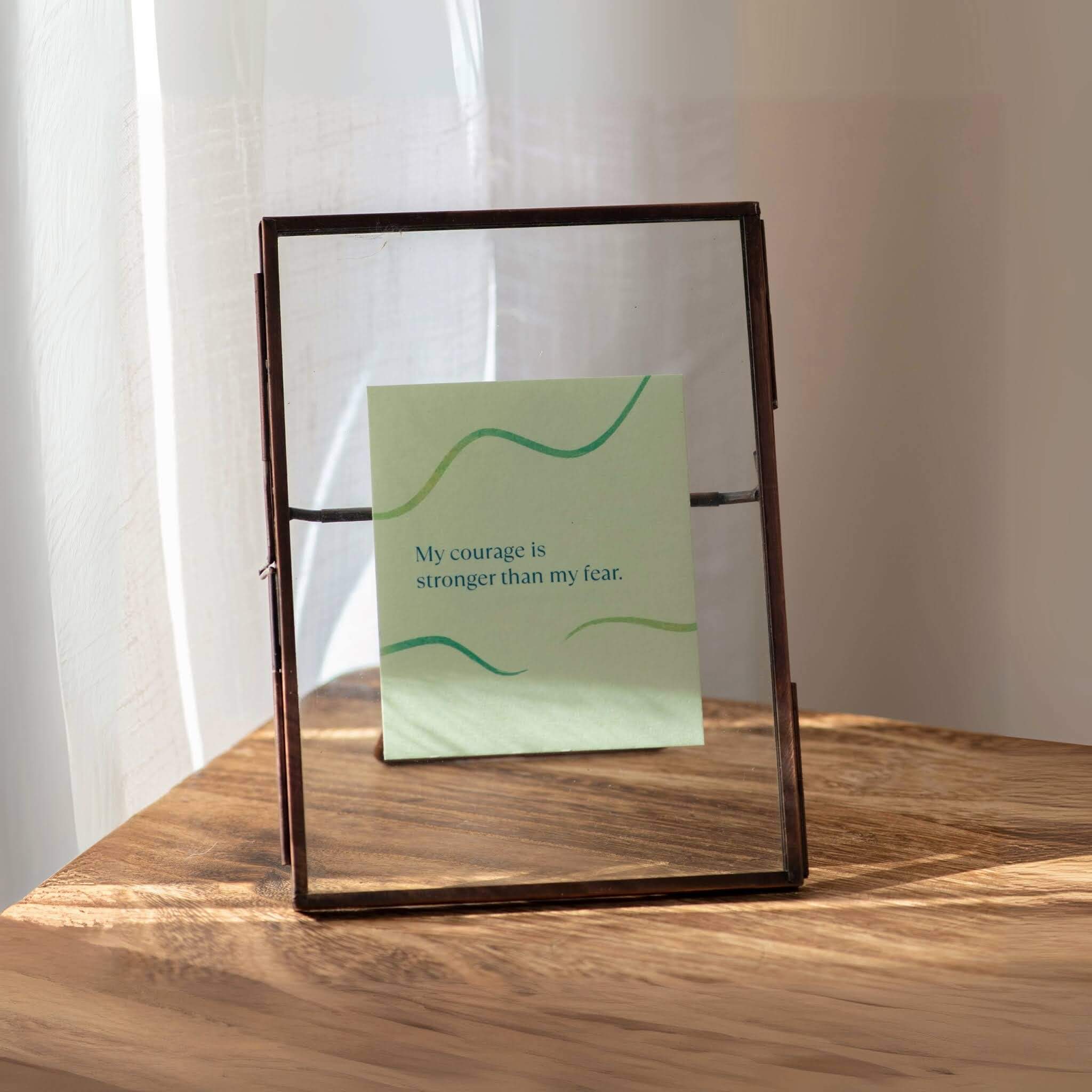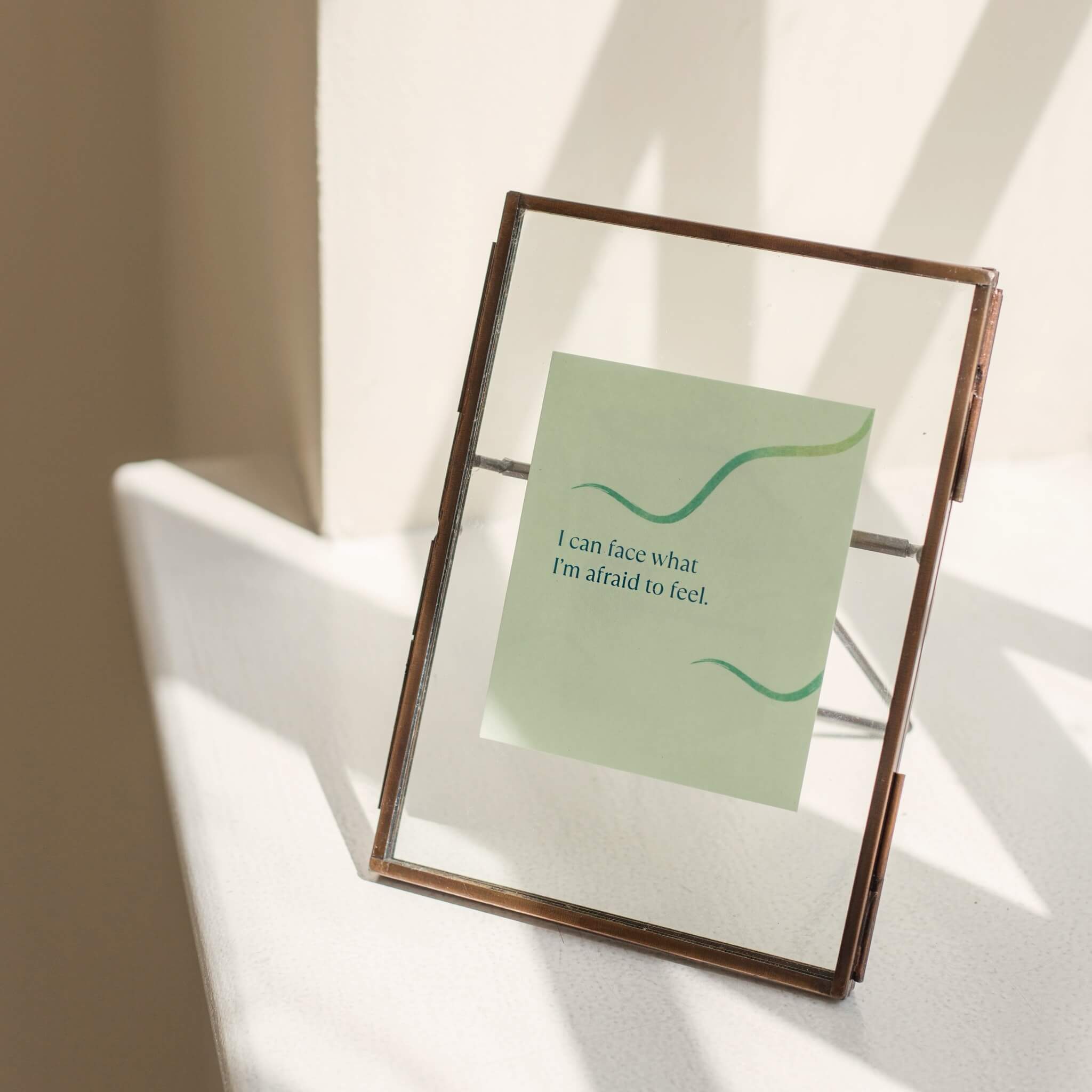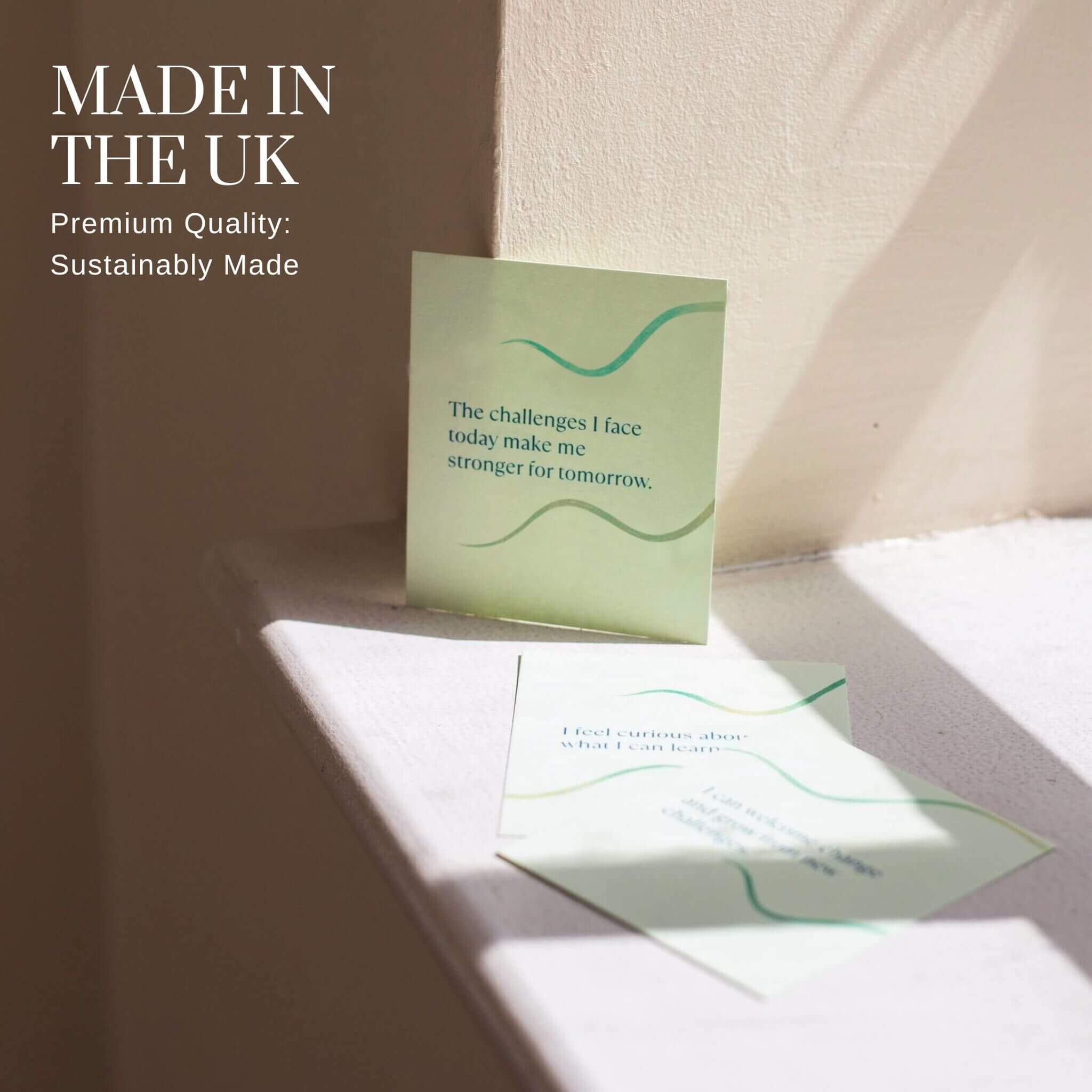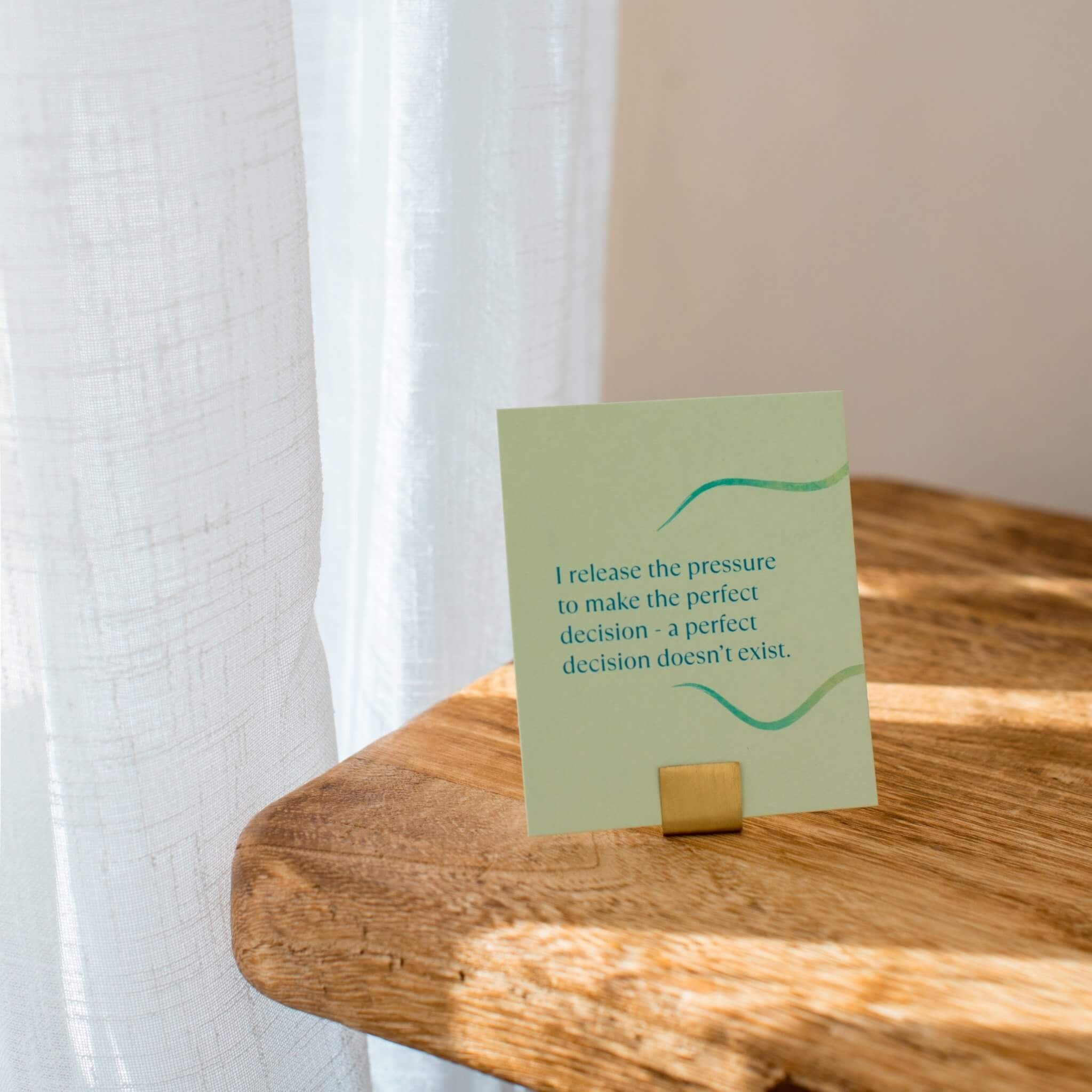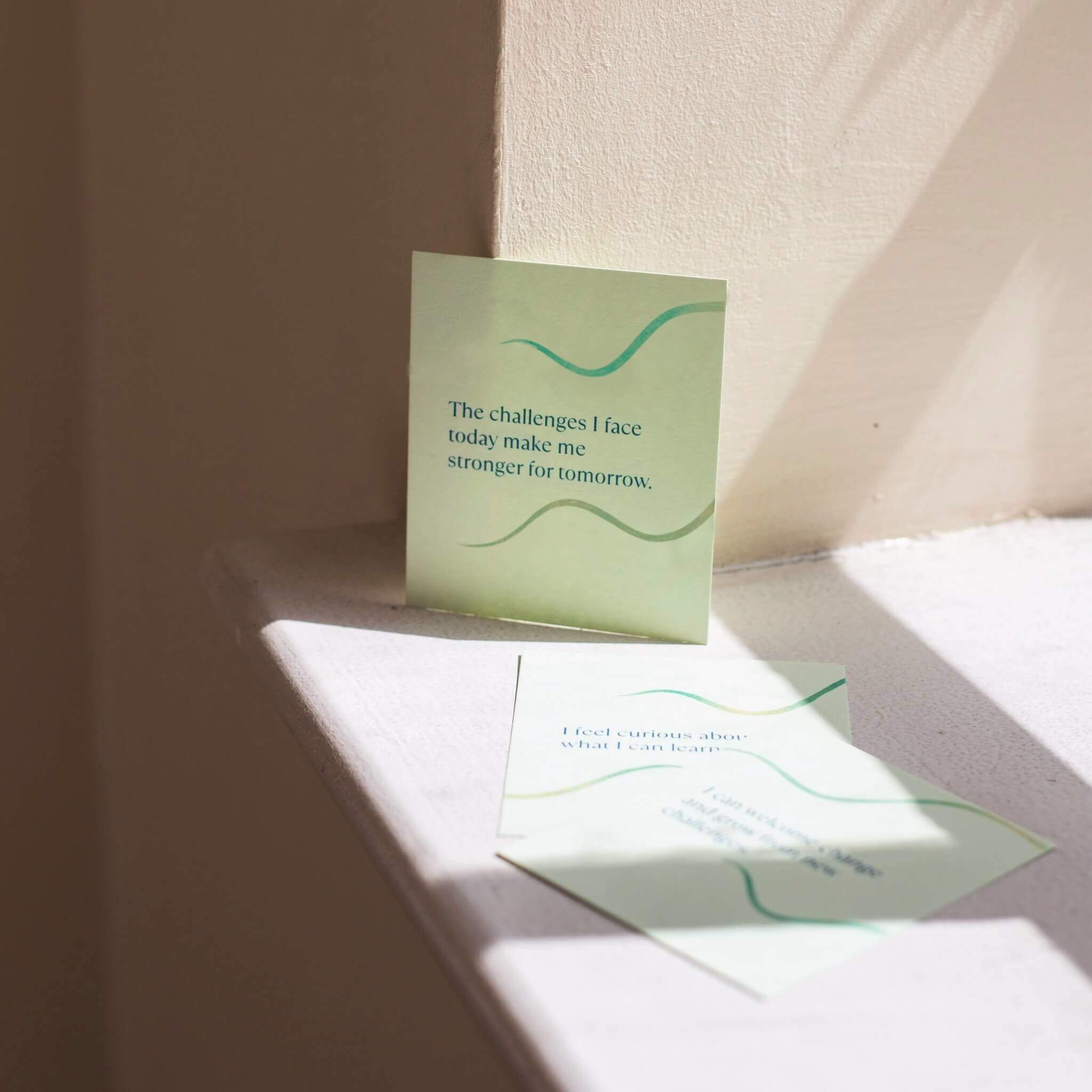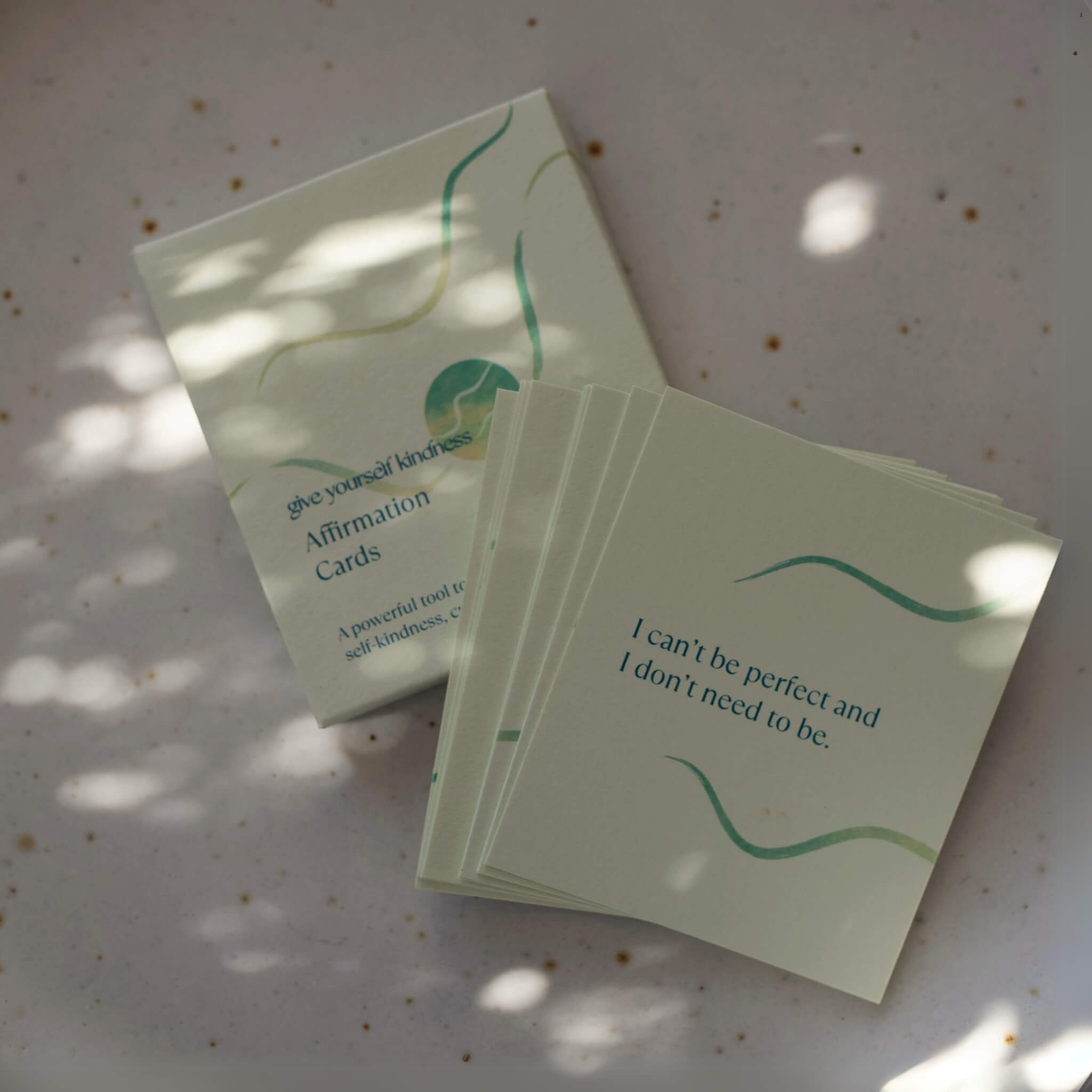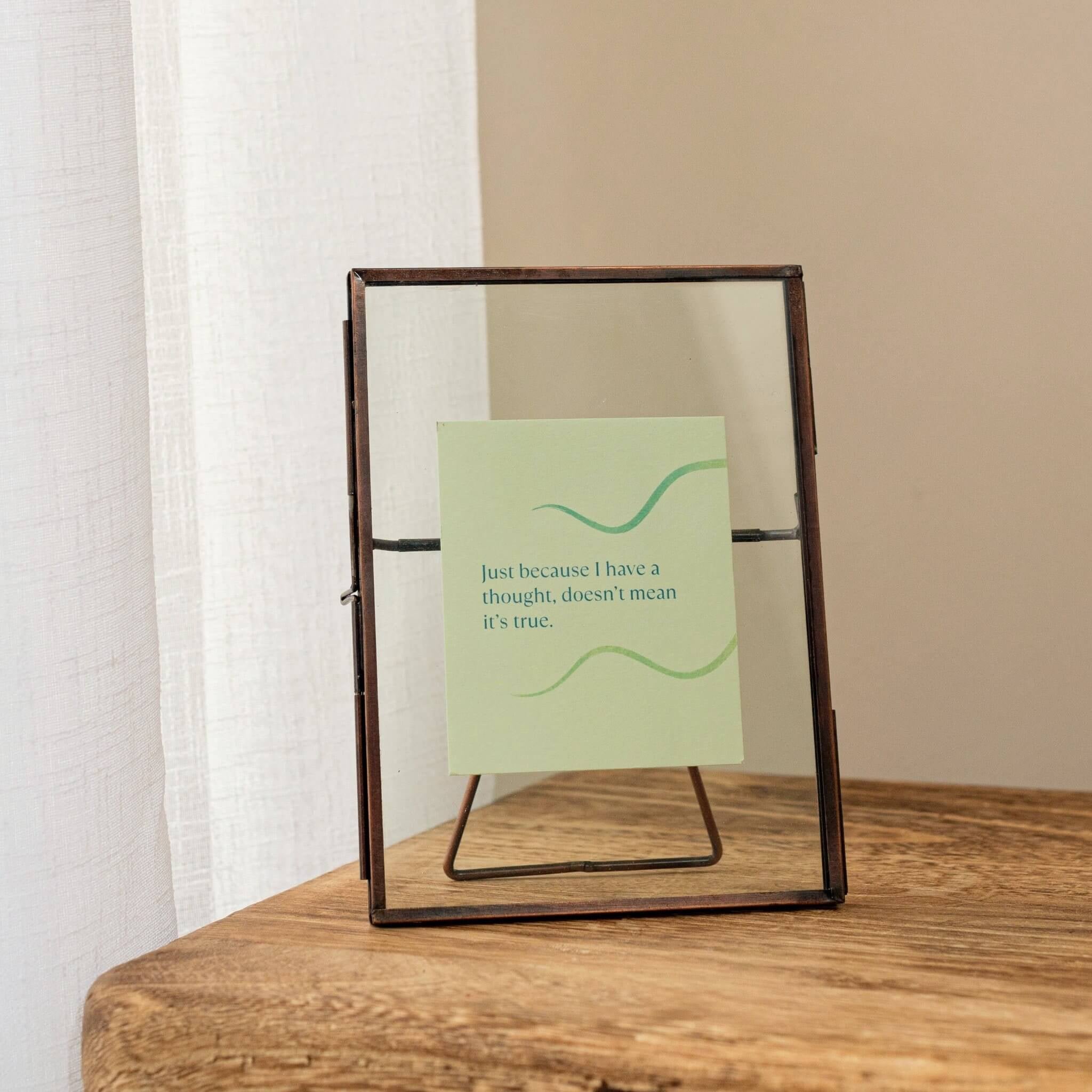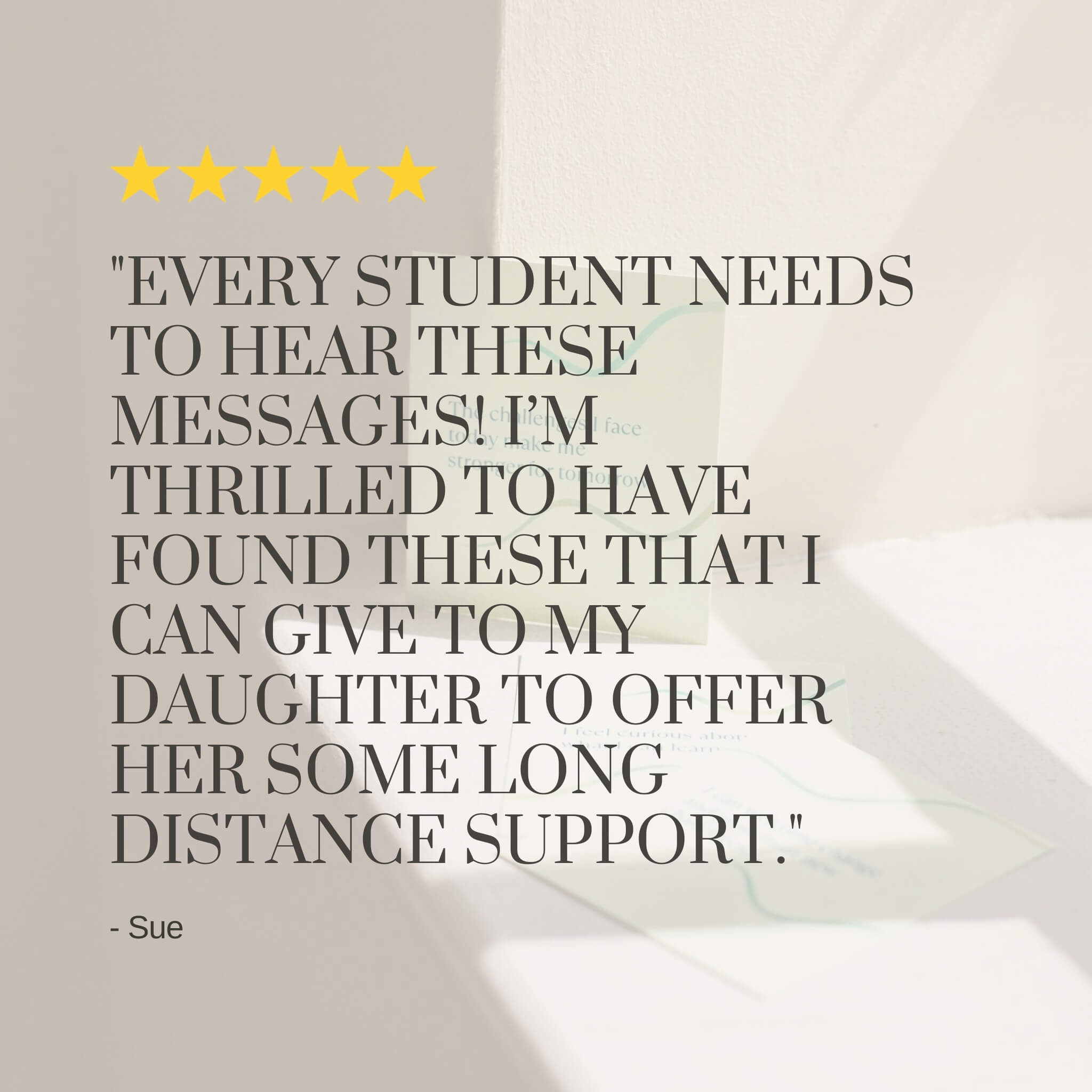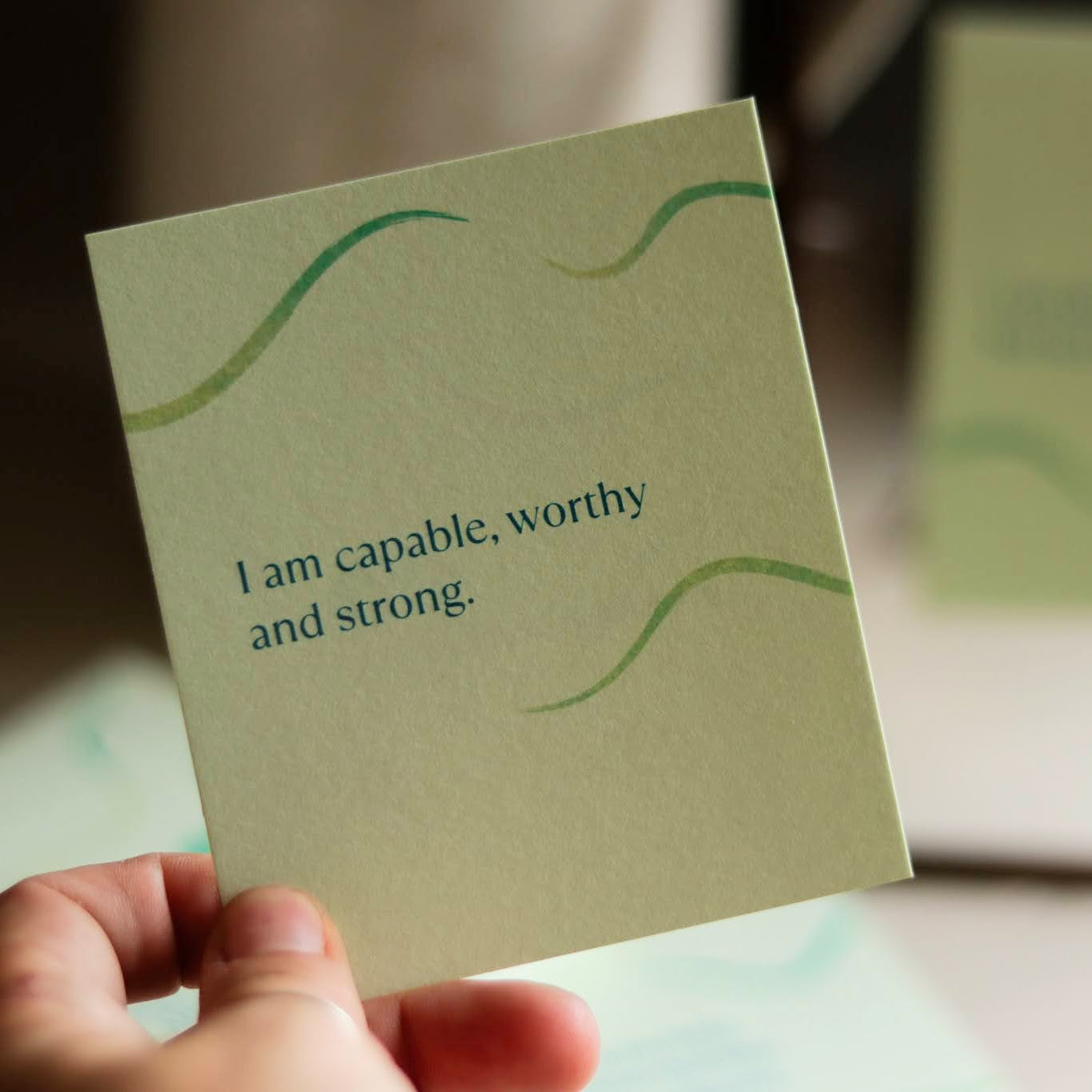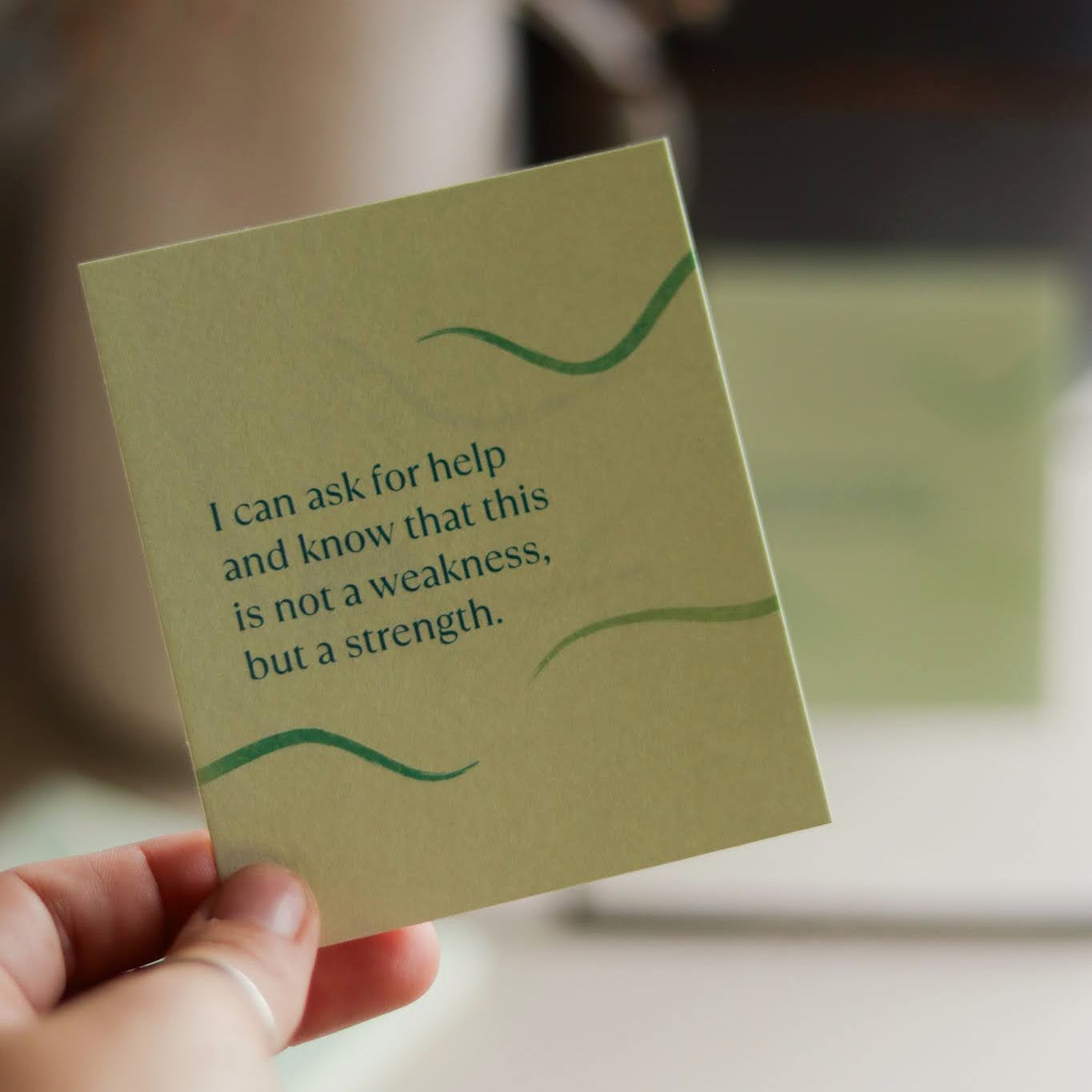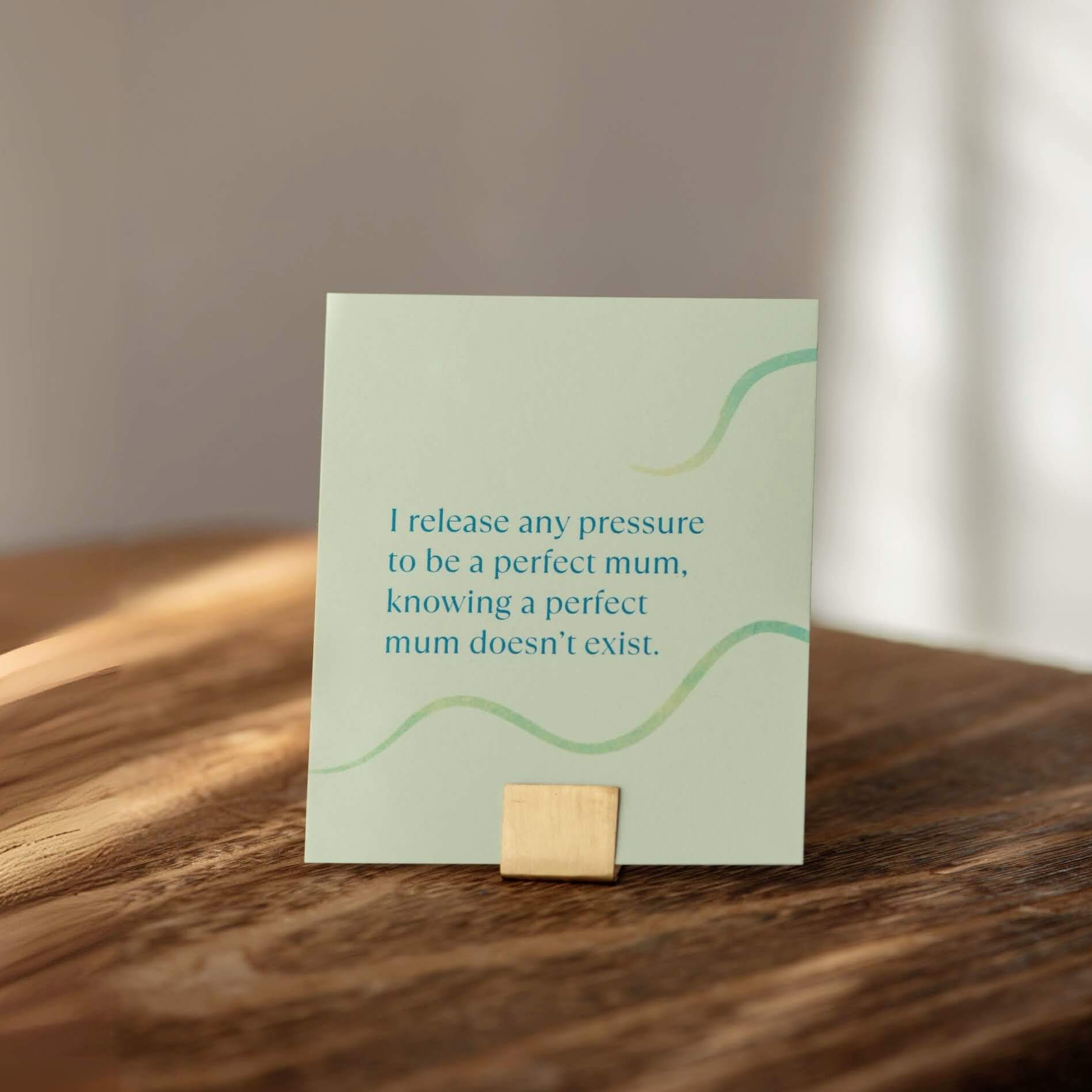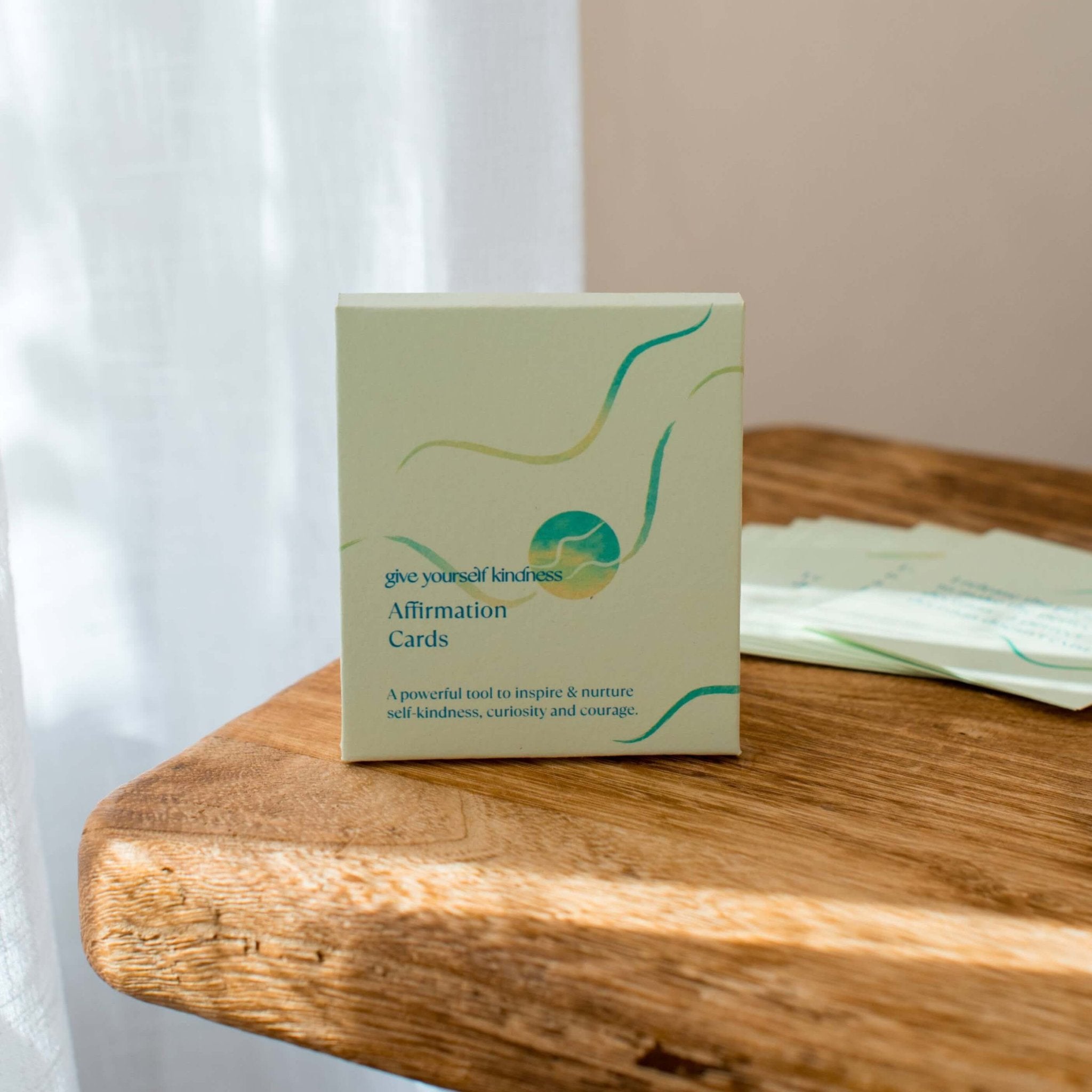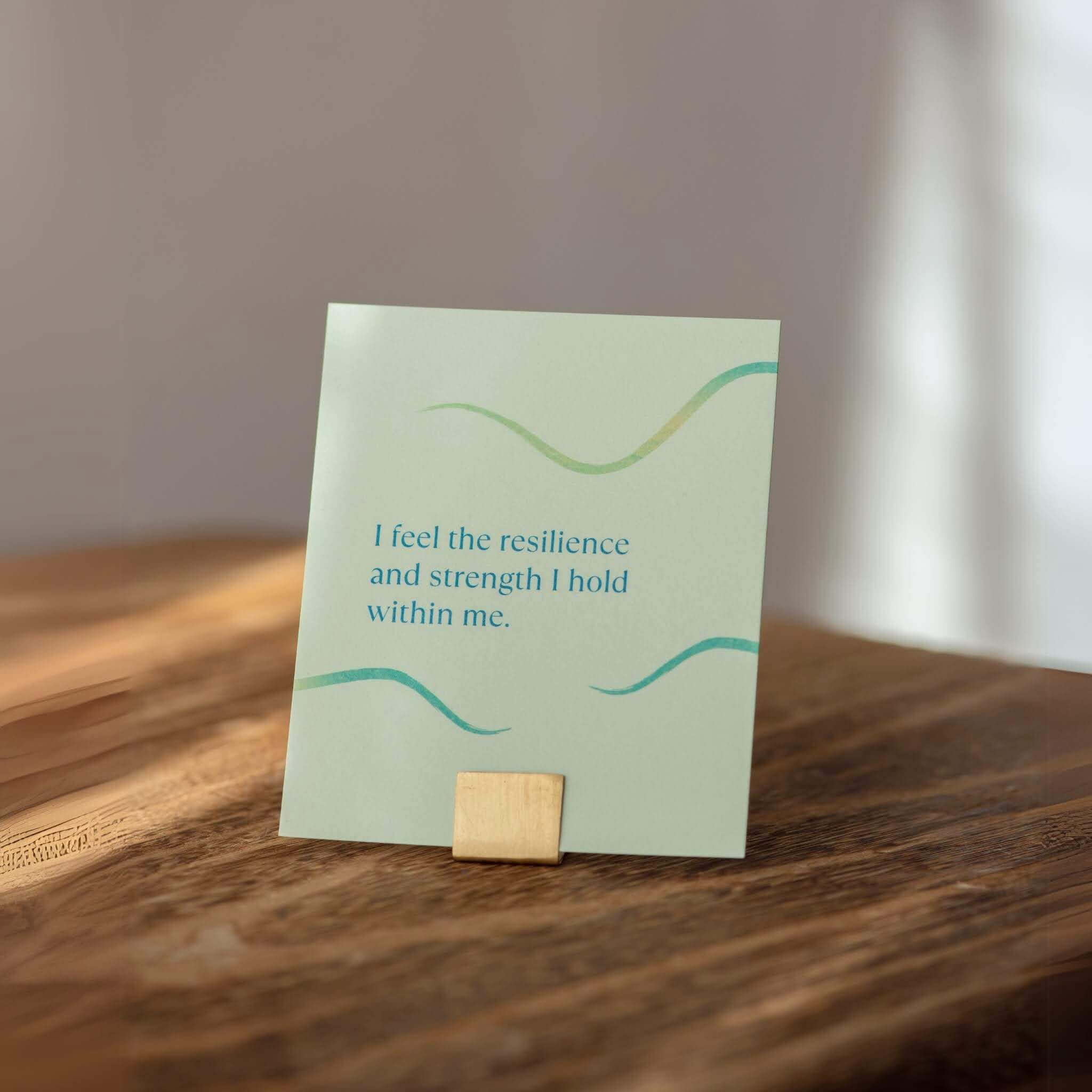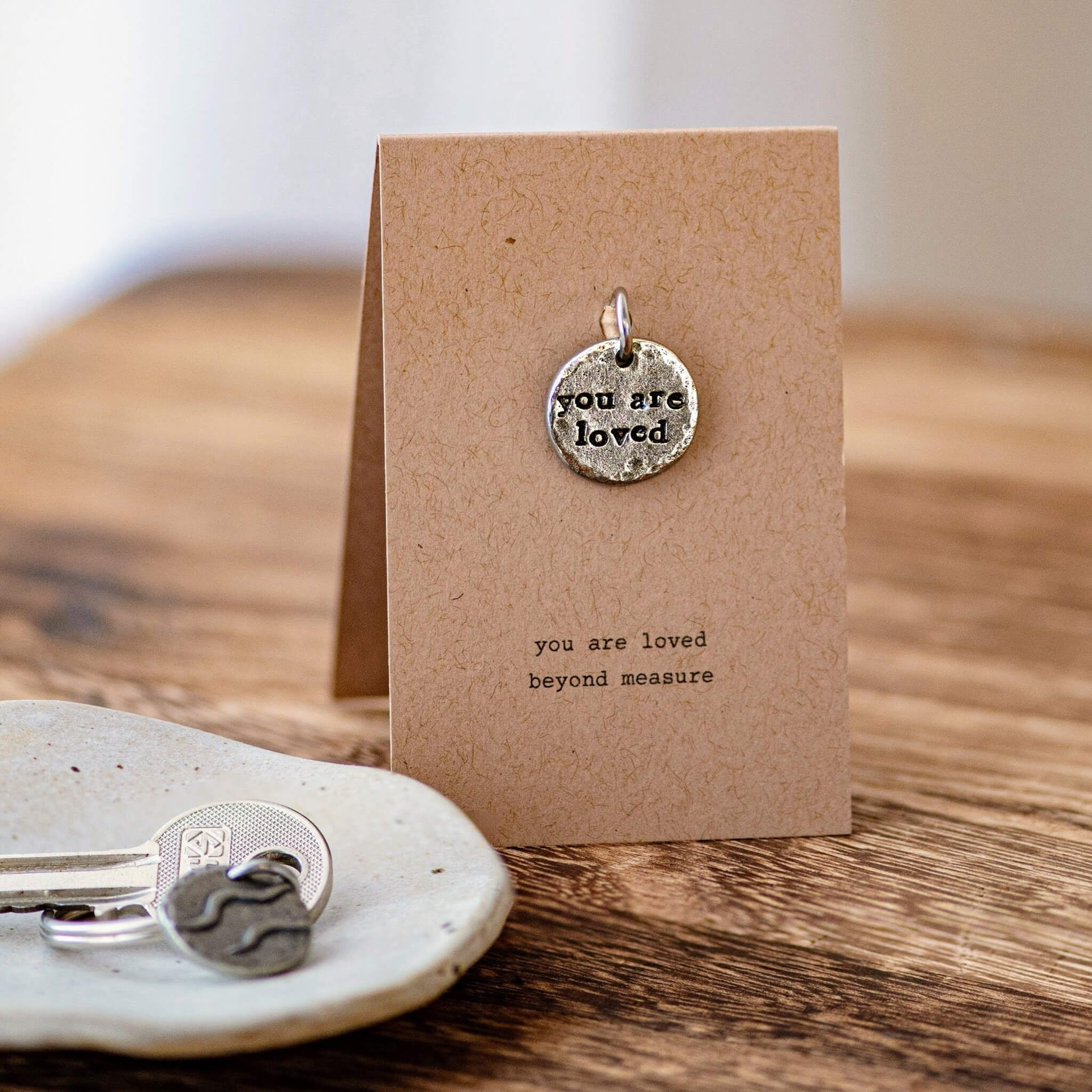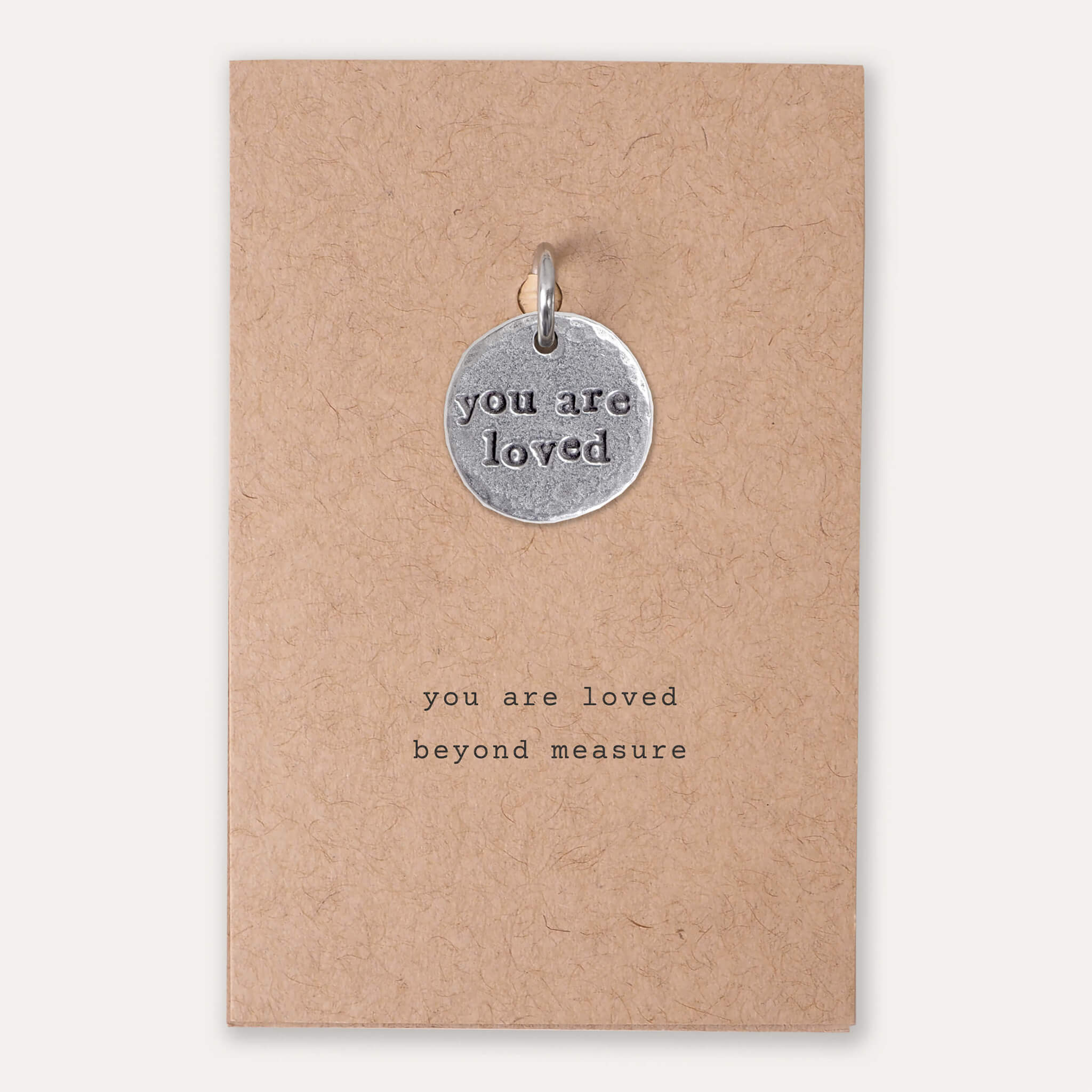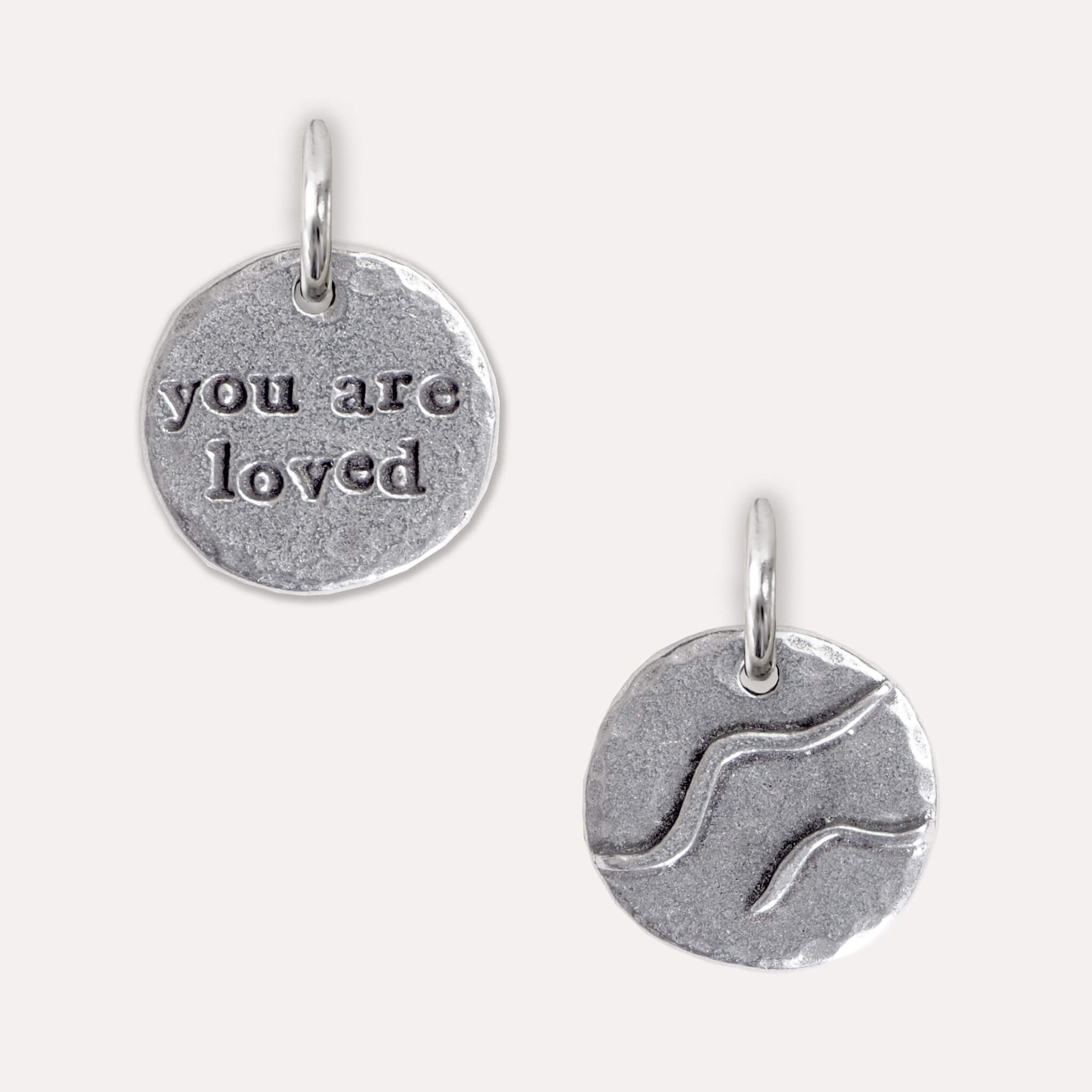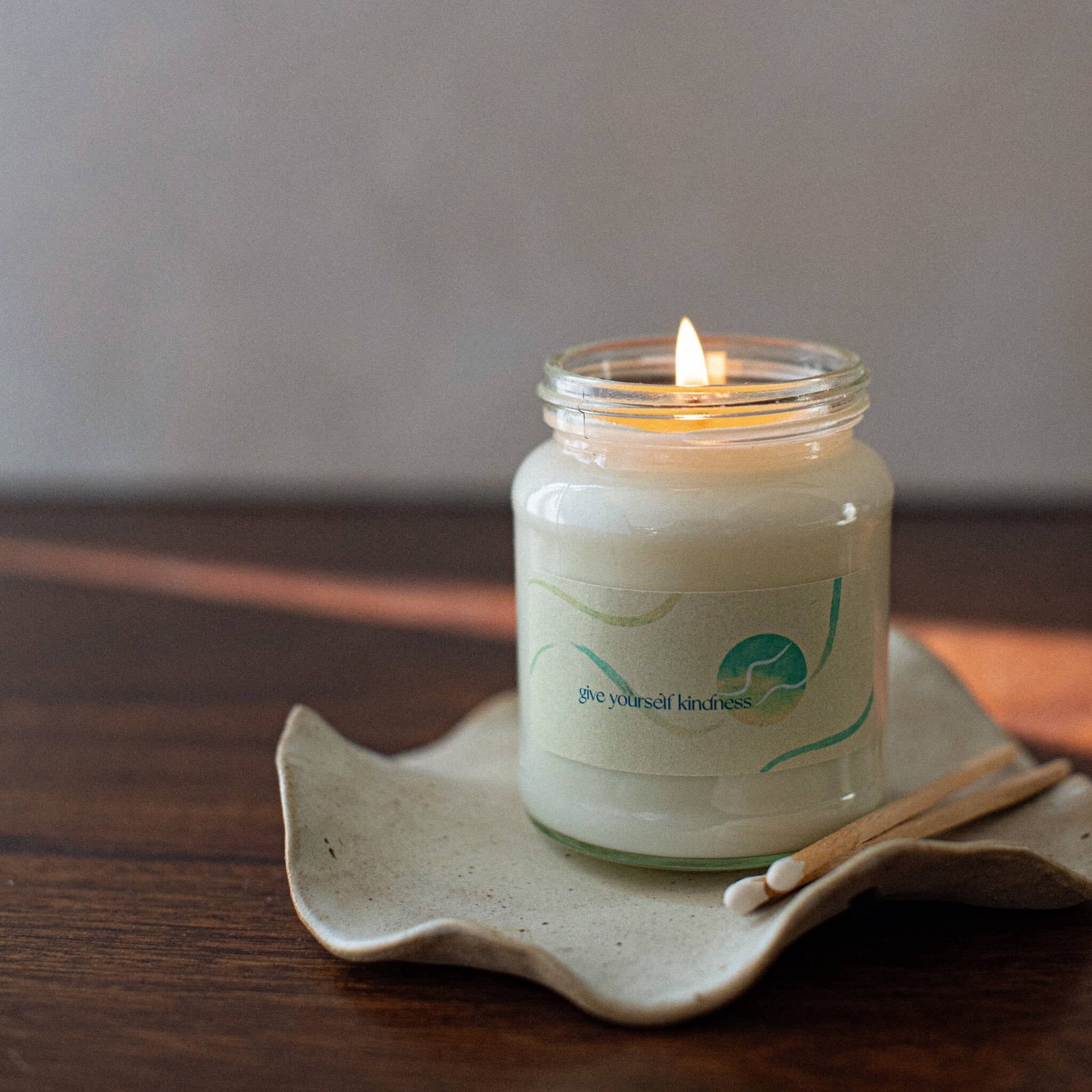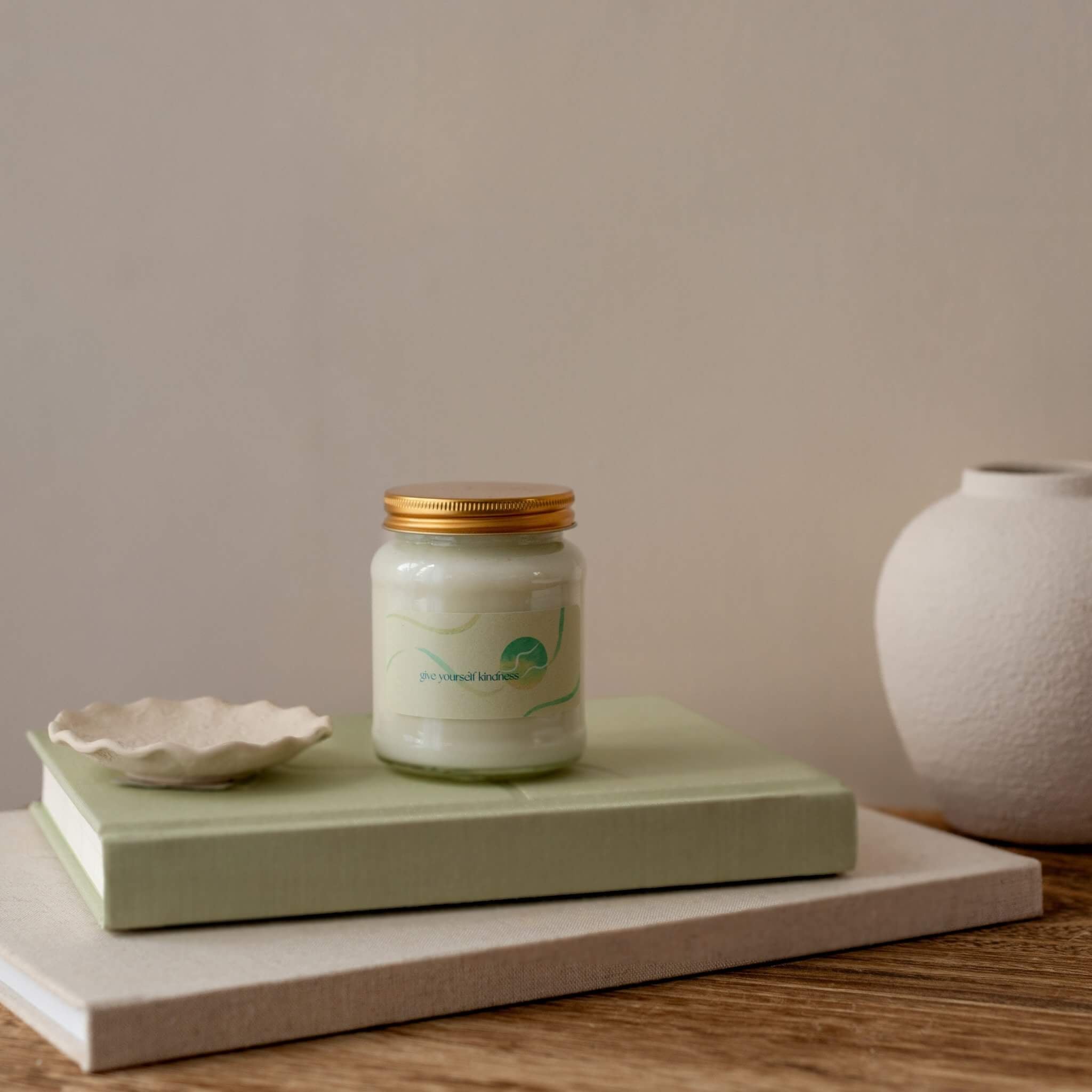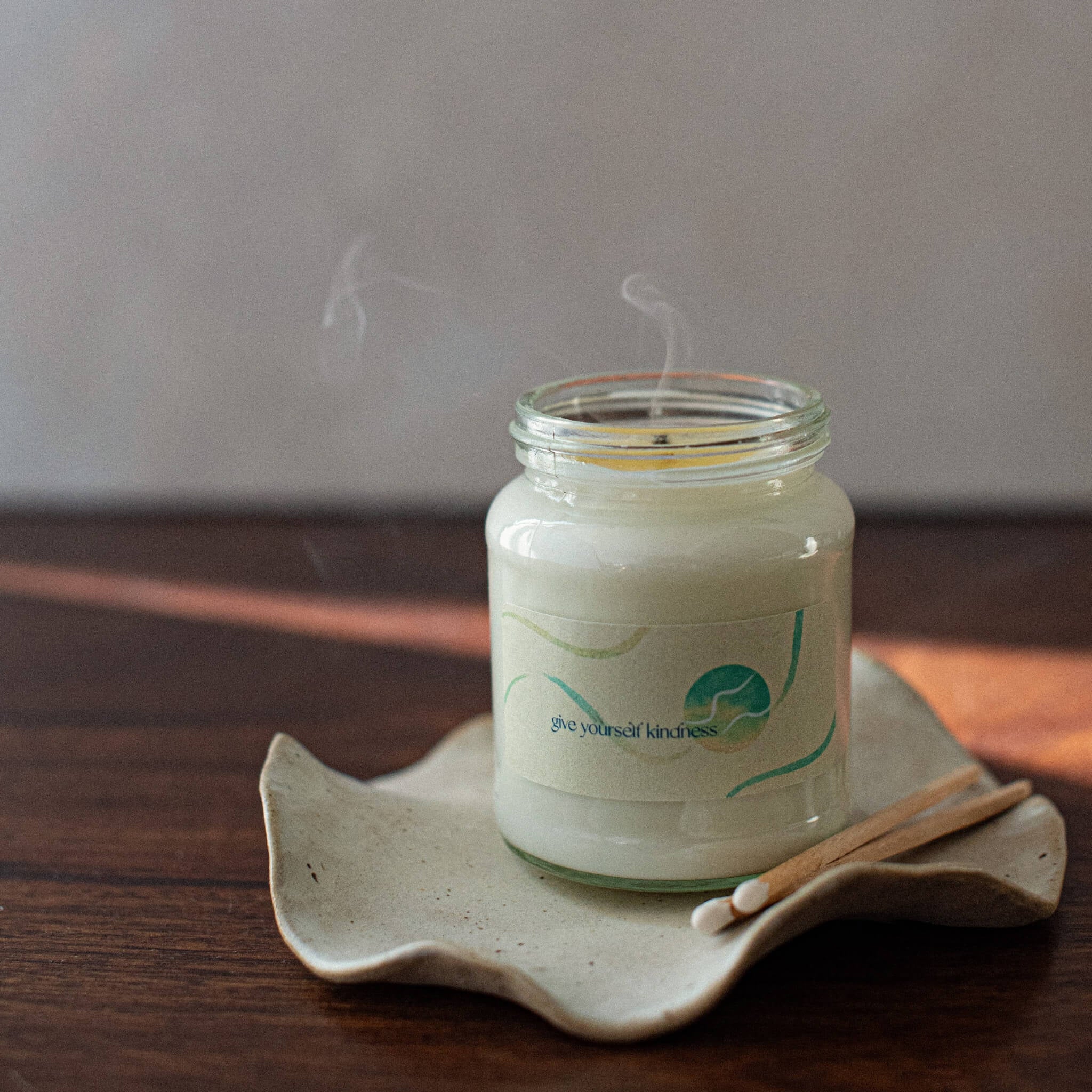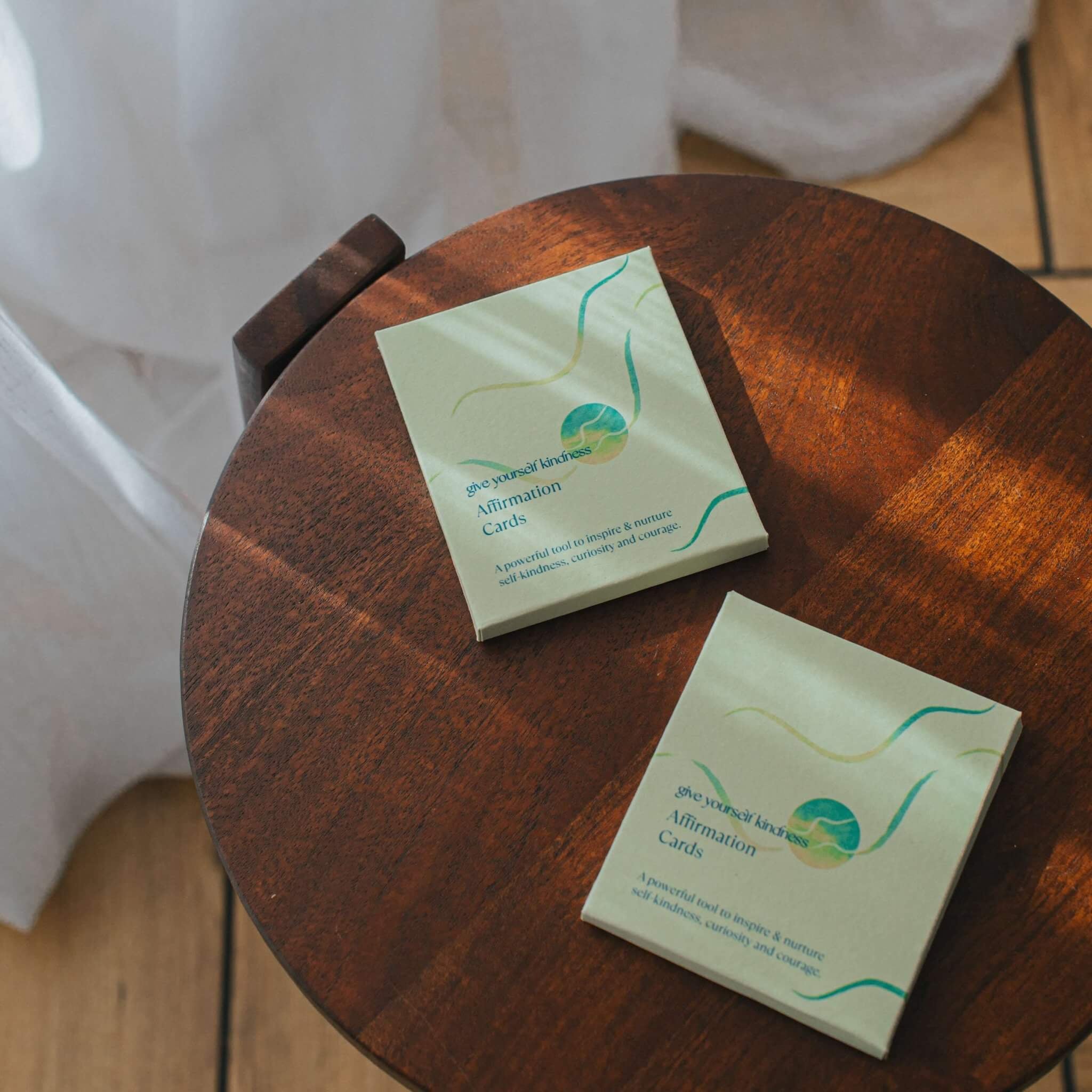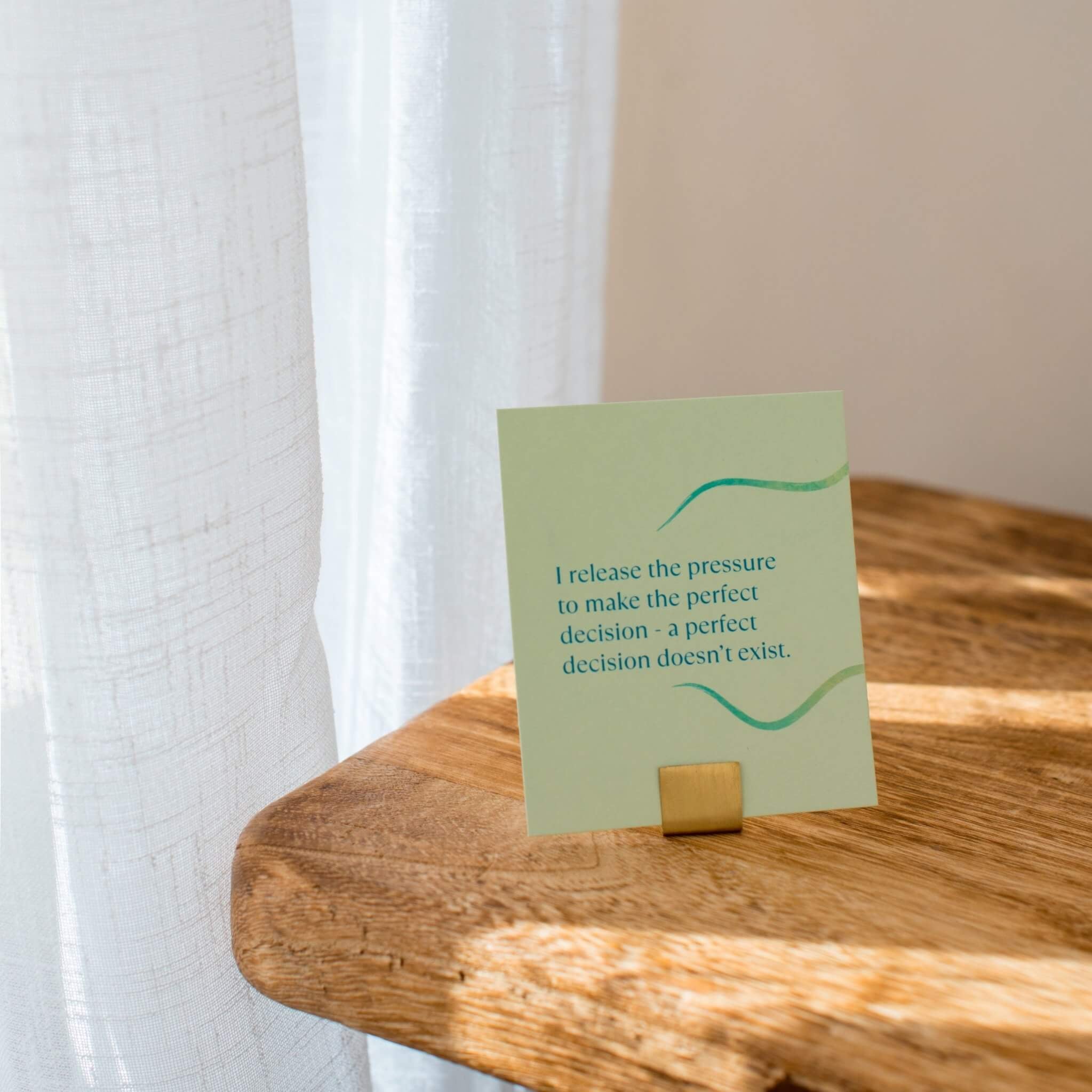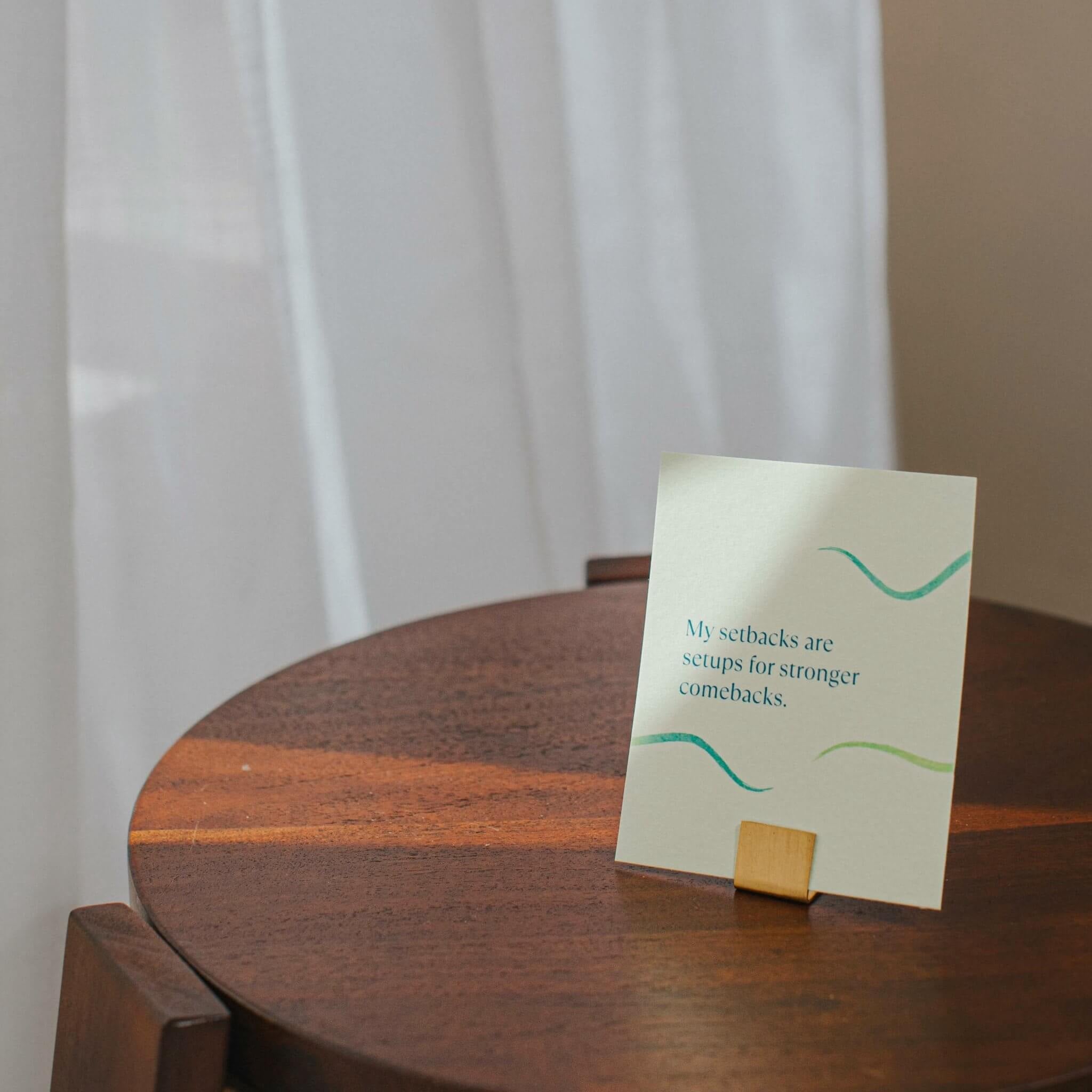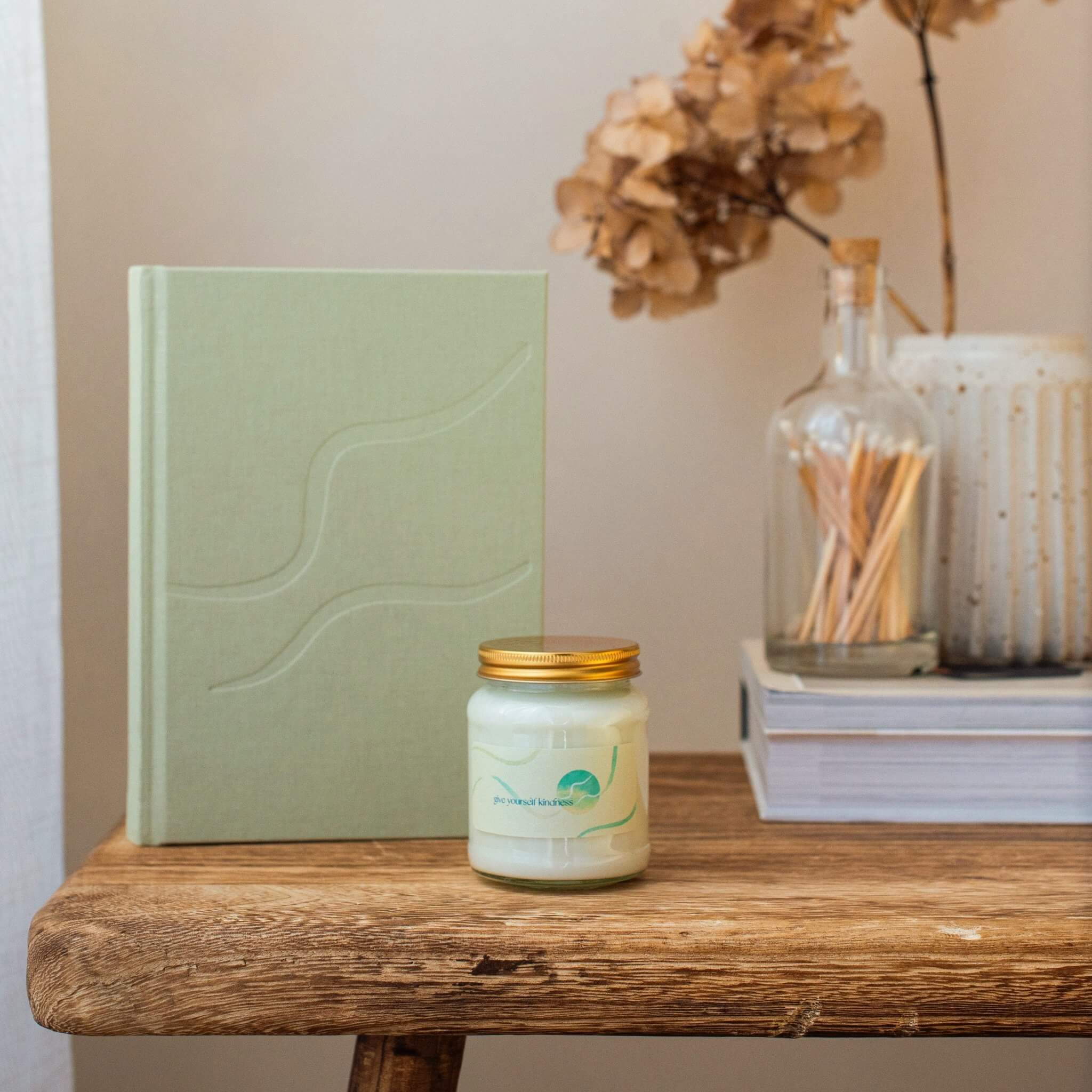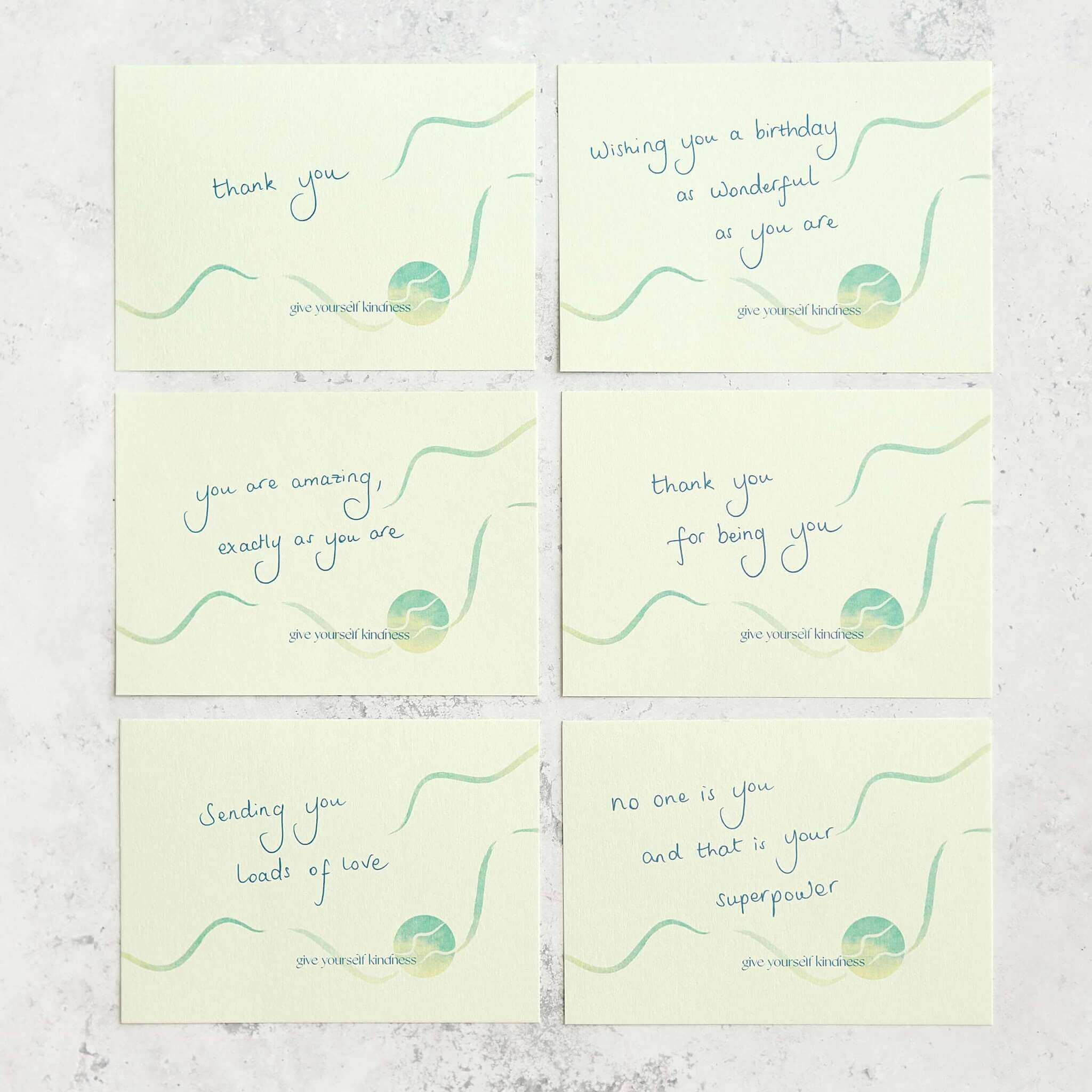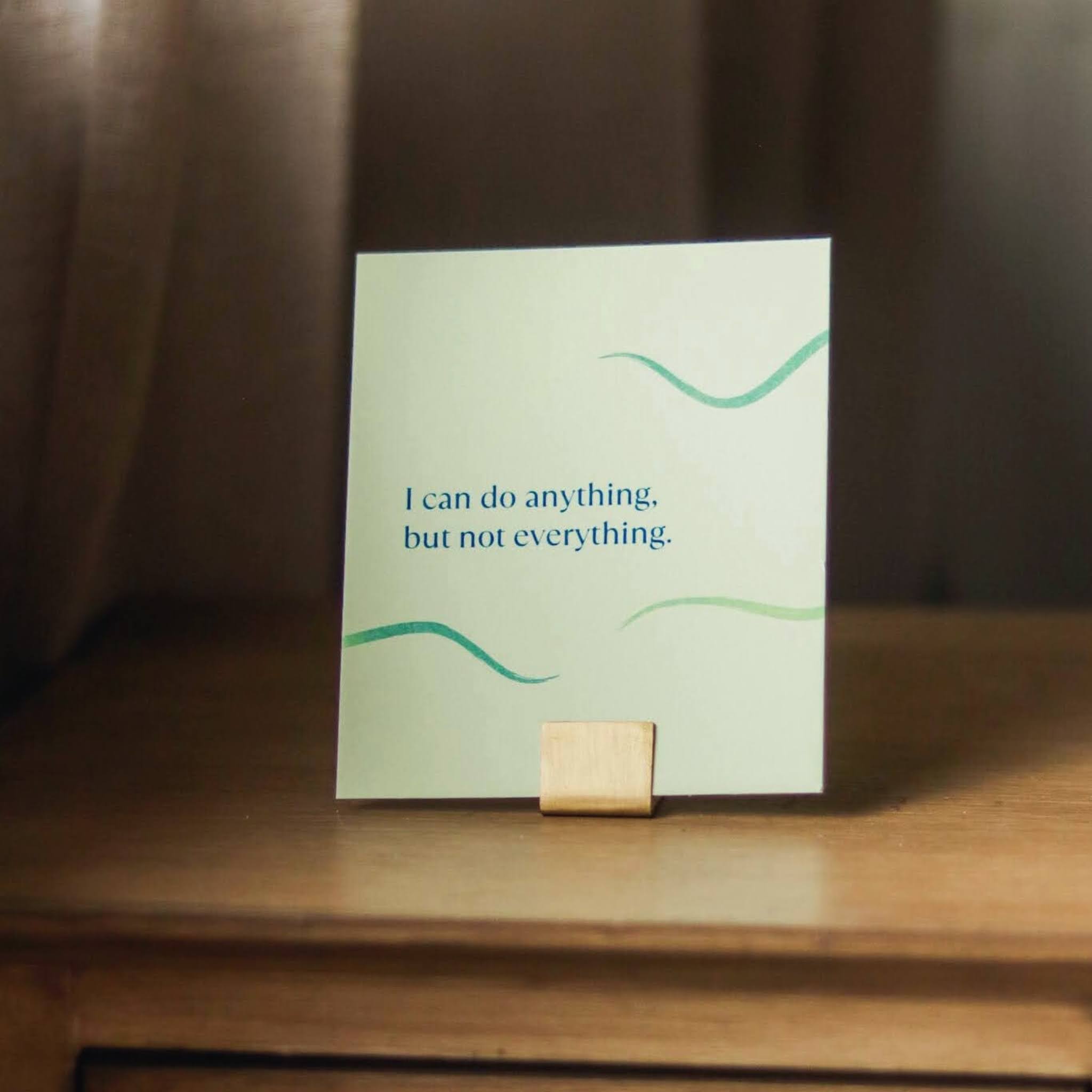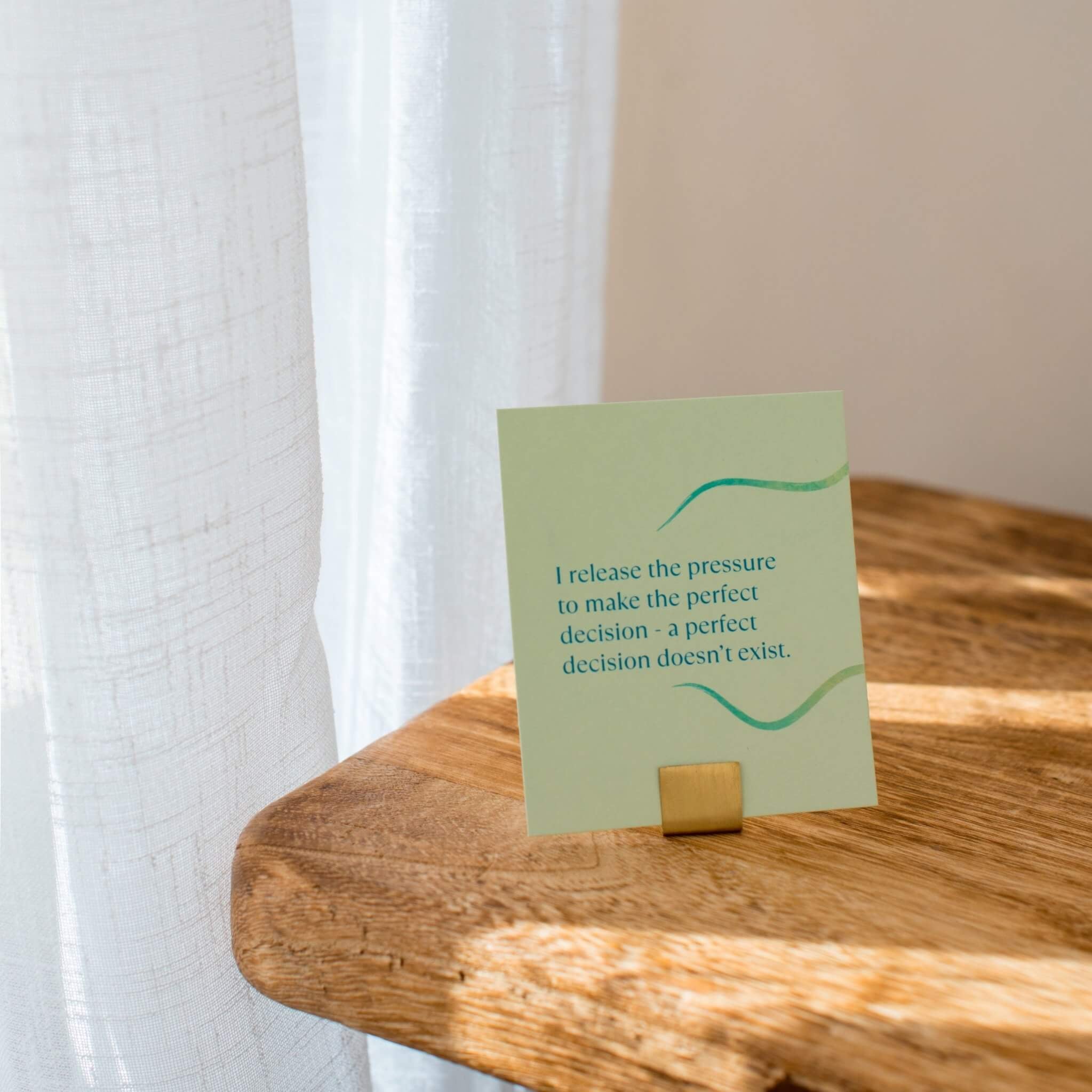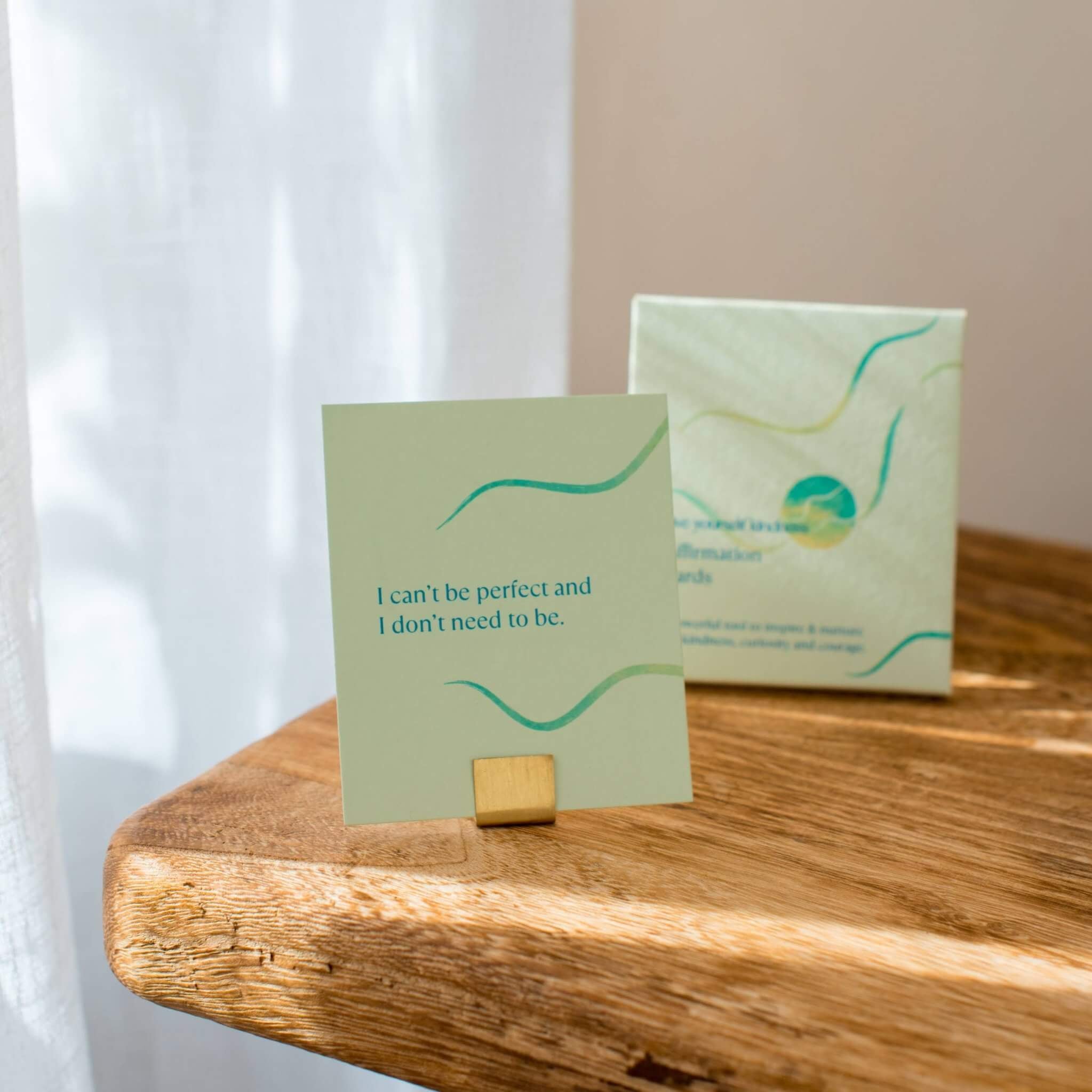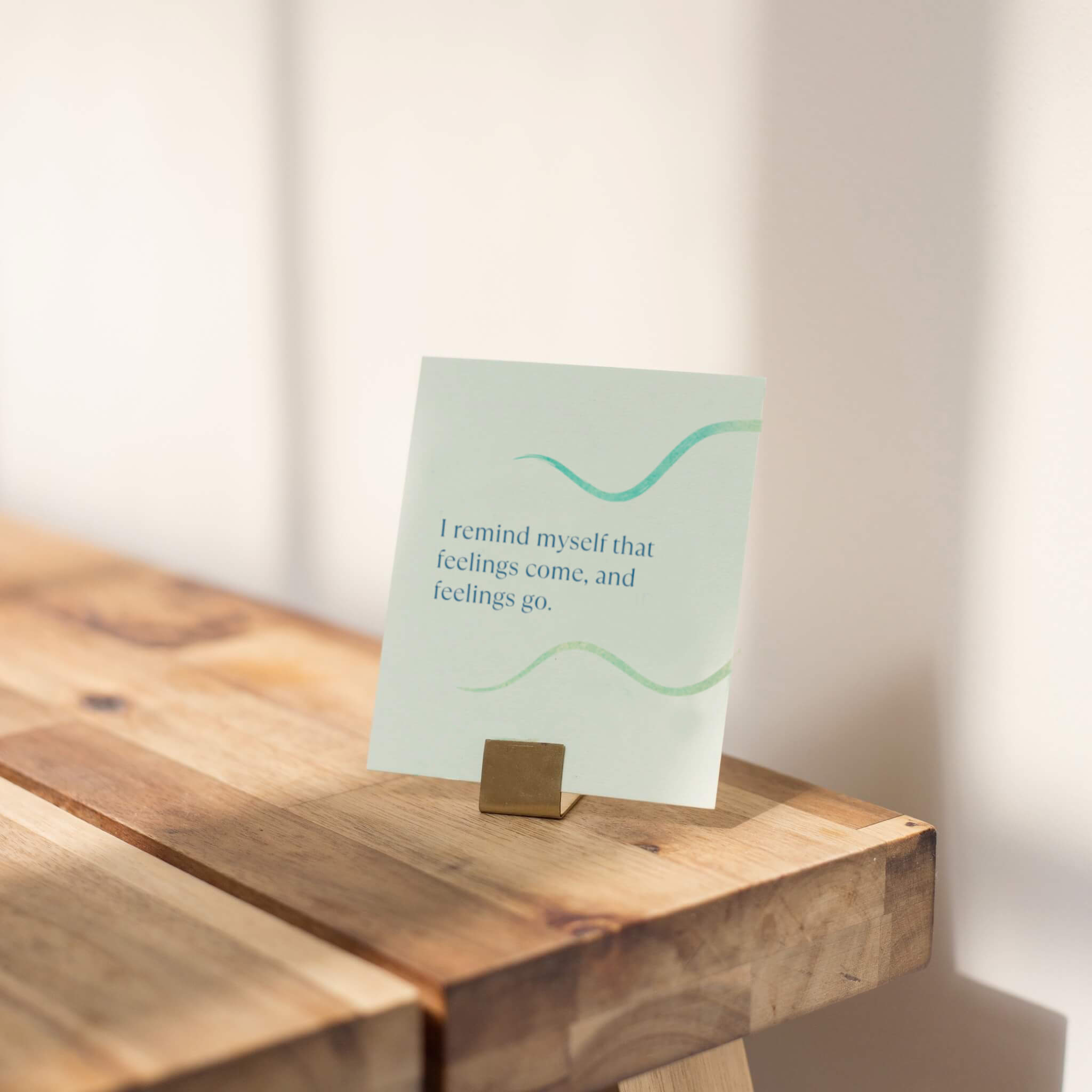written by Kristin Neff, PhD an Associate Professor of Educational Psychology at The University of Texas at Austin. She developed a theory and created a scale to measure self-compassion more than 20 years ago. Dr. Neff has written numerous academic articles and book chapters on the topic and has been recognized as one of the most influential scholars in the field of psychology.
Some people are afraid that using self-compassion to meet our needs can act as a cover for self-indulgence.
If I call in late to work one morning because I need to catch up on sleep that may be self-compassionate. But if I do it several times per week?
Can one be too self-compassionate?
'Self-indulgence involves choosing short-term pleasure at the expense of long-term harm'
If we truly care about ourselves, we won't engage in feel-good behaviors that are bad for us. Self-indulgence involves choosing short-term pleasure at the expense of long-term harm, and self-compassion always has its eyes on the prize: alleviating suffering.
'self-compassion always has its eyes on the prize: alleviating suffering'
First, mindfulness allows us to look clearly at what we authentically need, not just what we want.
Do I really need to turn the alarm off, or am I just wanting the temporary pleasure of slipping into a slumber once more?
Second, we can draw on kindness to ensure that our behavior is truly in our best interest.
Is getting to work late really helping, especially given that it will surely have negative repercussions? Or would it be better to go to bed earlier to ensure that I get sufficient rest?
Finally, the wisdom of common humanity―the ability to see the larger picture and how everything is interconnected―ensures that our behavior is balanced and sustainable.
How will my behavior affect my job or the ability of my coworkers to function effectively?
Self-compassion helps us to answer these questions in a way that reduces self-indulgent behavior.
'Self-compassion helps us to answer these questions in a way that reduces self-indulgent behavior'
This is an excerpt from Fierce Self-Compassion: How Women can Harness Kindness to Speak Up, Claim Their Power and Thrive by Kristin Neff, PhD (Penguin Books) approved exclusively to be shared on Give Yourself Kindness.

Kristin Neff, PhD, is an Associate Professor of Educational Psychology at The University of Texas at Austin. She developed a theory and created a scale to measure self-compassion more than 20 years ago. Dr. Neff has written numerous academic articles and book chapters on the topic and has been recognized as one of the most influential scholars in the field of psychology. Well over 5000 studies have been conducted on self-compassion by various scholars since her seminal articles were first published in 2003.
In addition to her academic work, Dr. Neff is author of the books Self-Compassion: The Proven Power of Being Kind to Yourself, and Fierce Self-Compassion: How Women can Harness Kindness to Speak Up, Claim Their Power and Thrive.
In conjunction with her colleague Dr. Chris Germer, she developed an empirically supported training program called Mindful Self-Compassion and co-founded the nonprofit Center for Mindful Self-Compassion, which offers self-compassion training in a variety of formats. Drs. Neff and Germer co-authored The Mindful Self-Compassion Workbook , Teaching the Mindful Self-Compassion Program: A Guide for Professionals, and in fall 2024 their latest book was published, Mindful Self-Compassion for Burnout: Tools to Help You Heal and Recharge When You’re Wrung Out by Stress.






